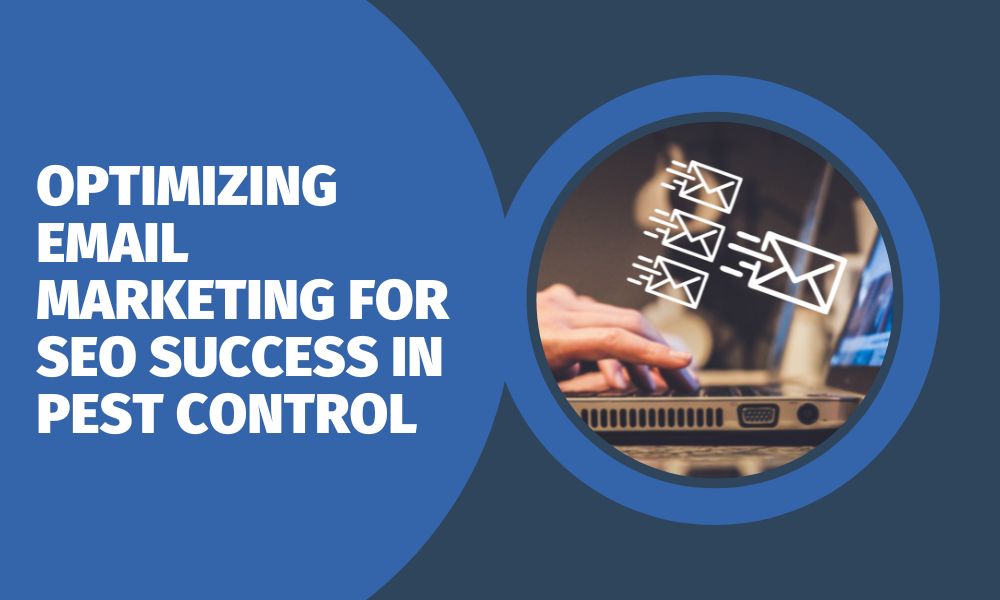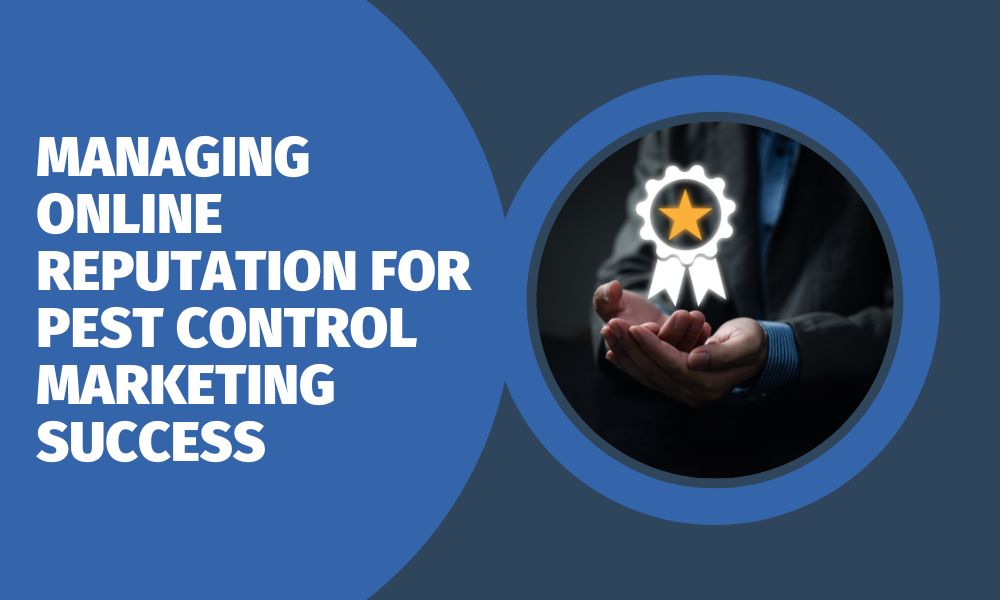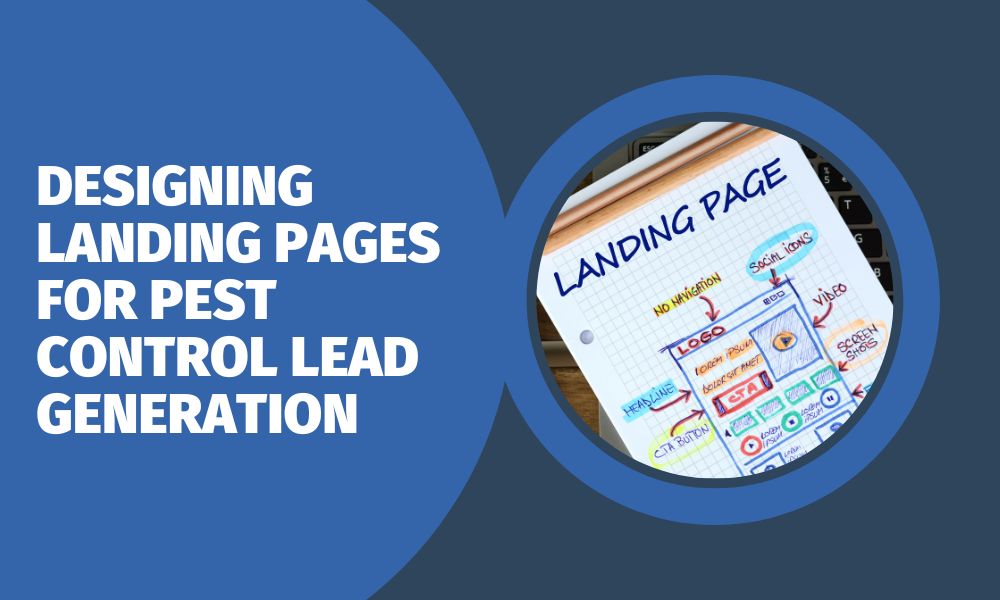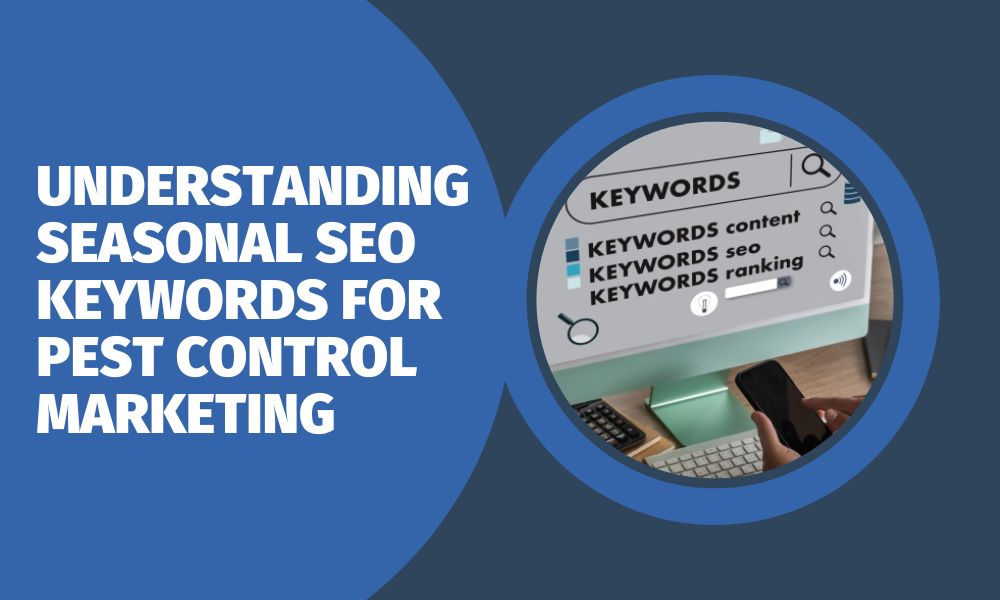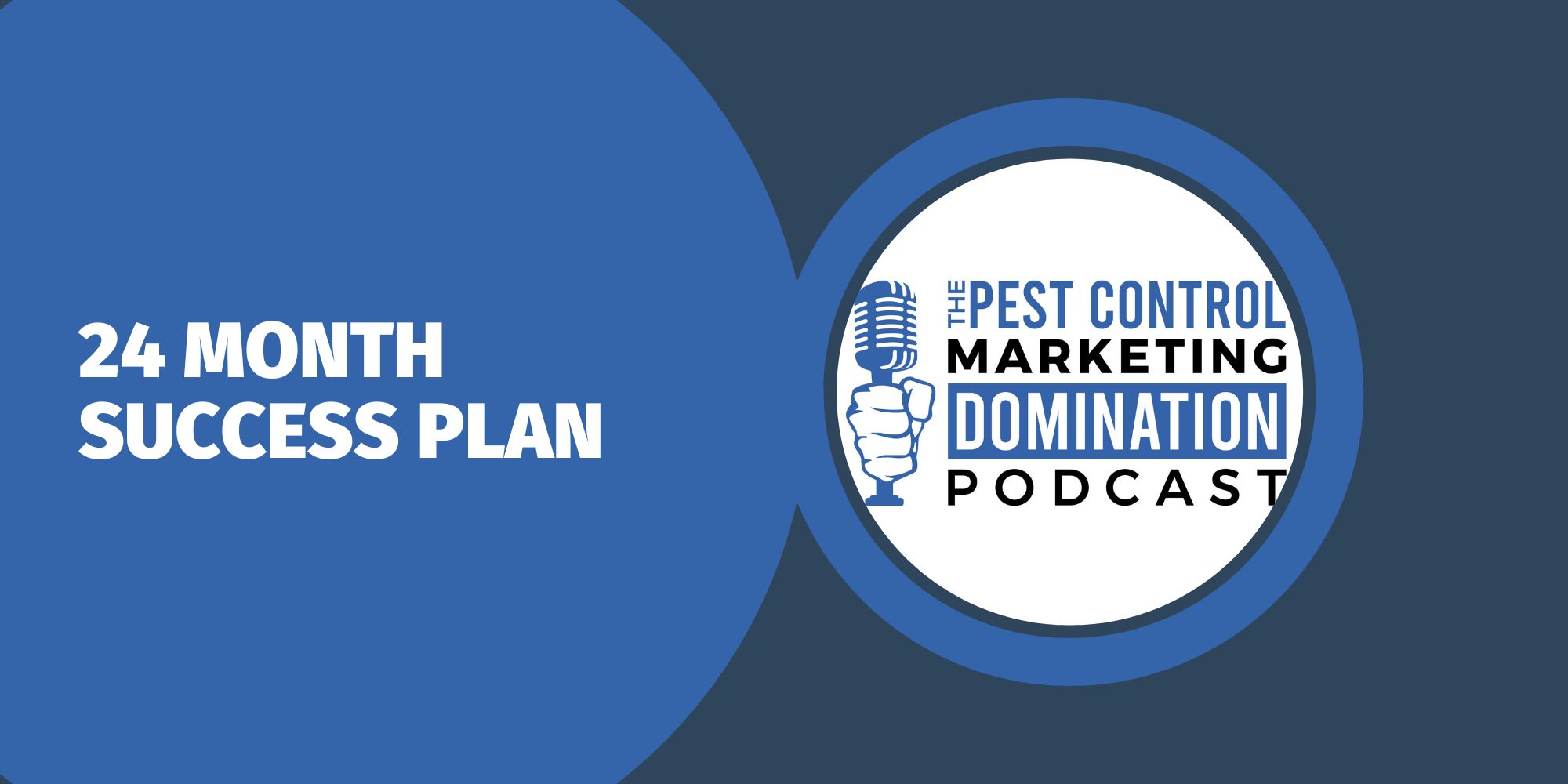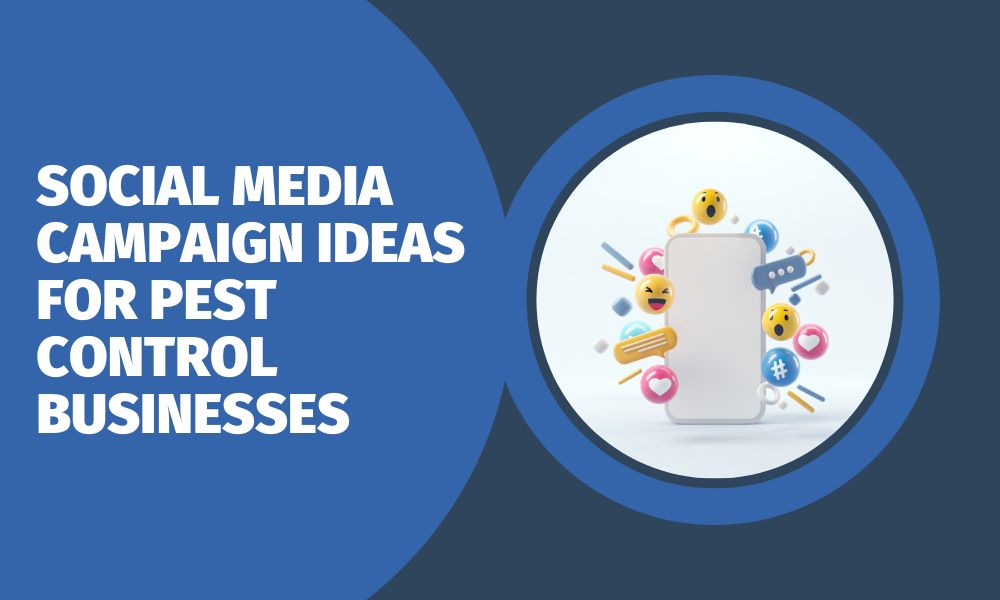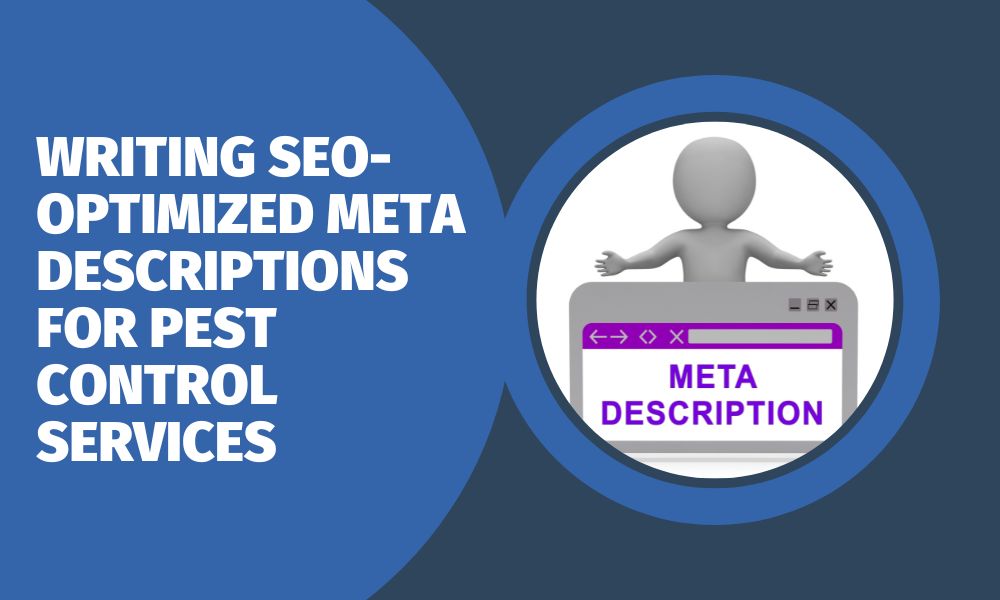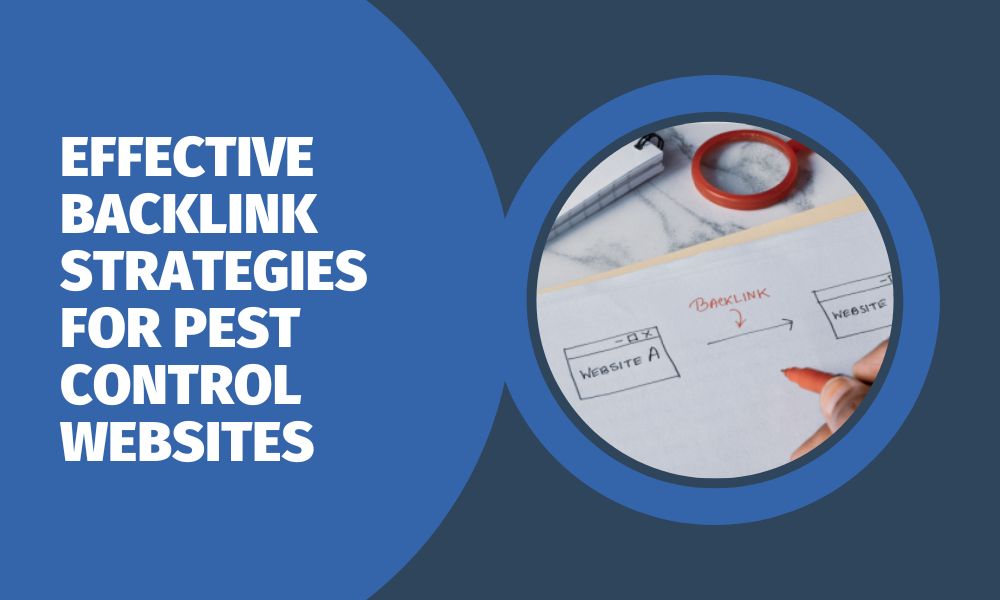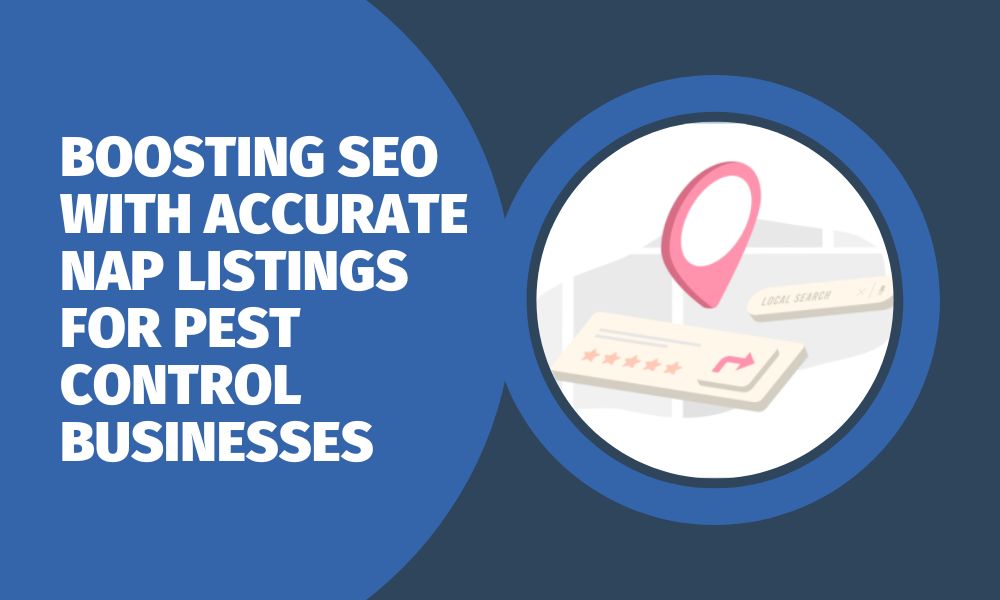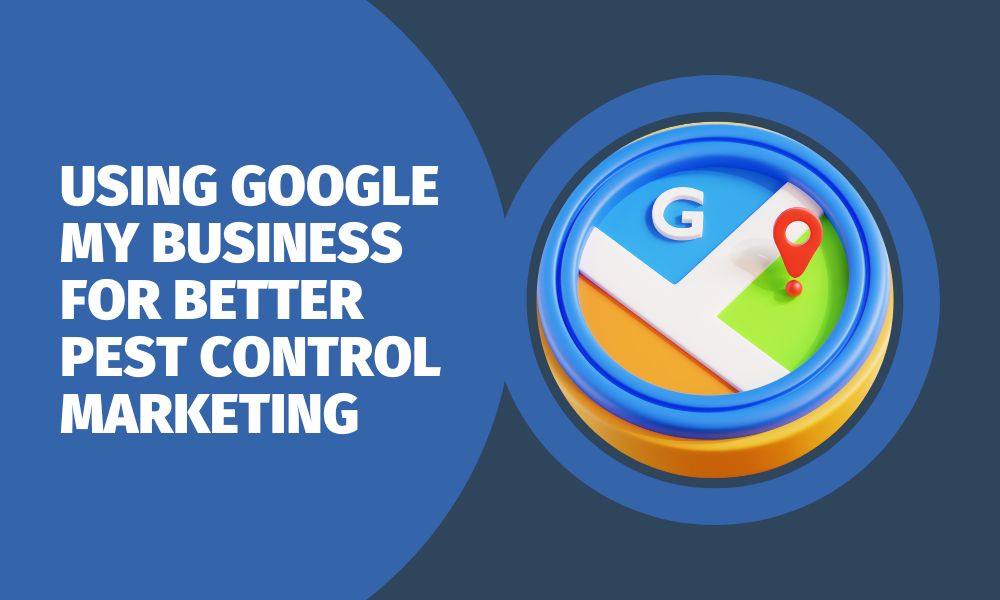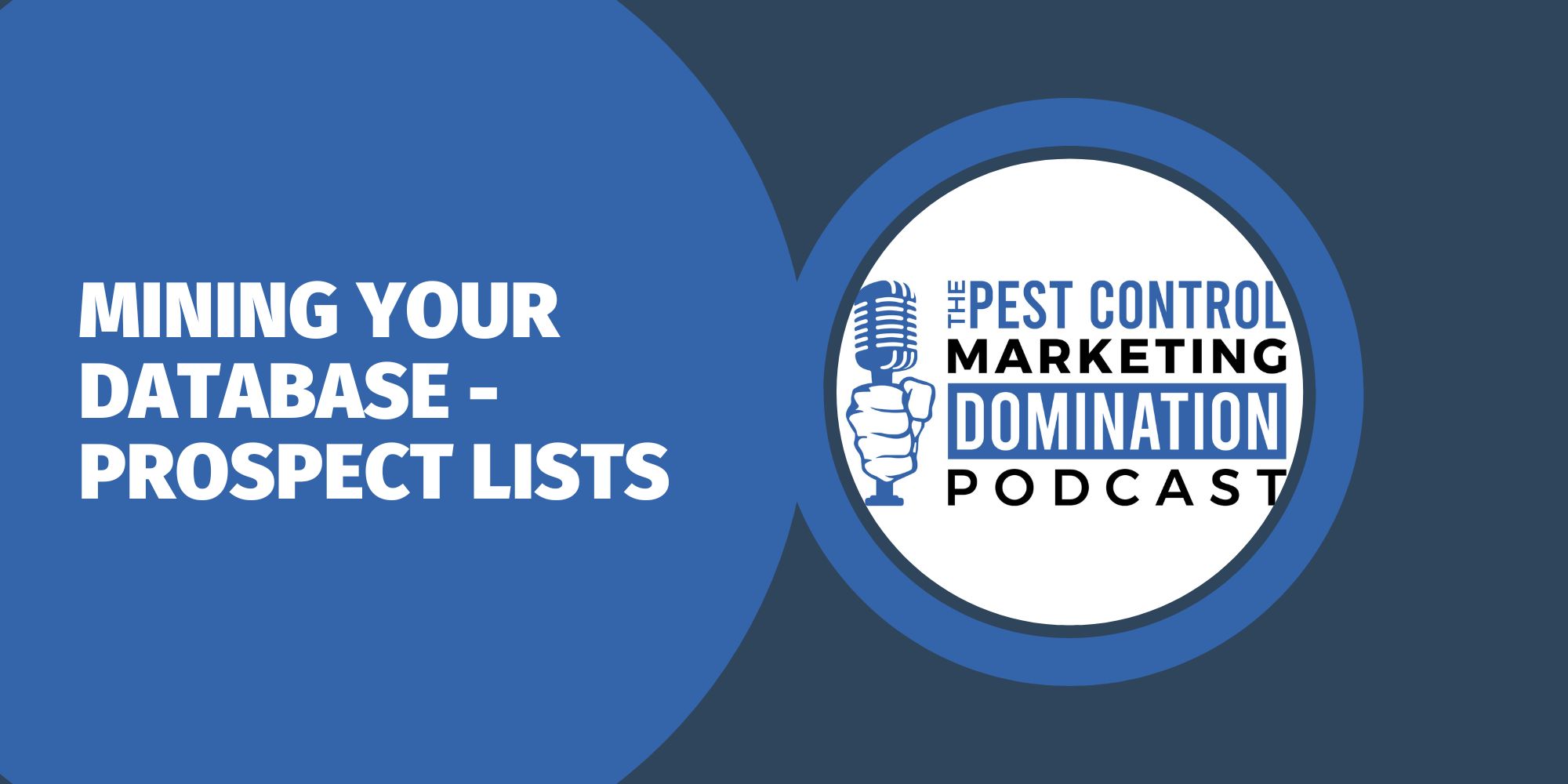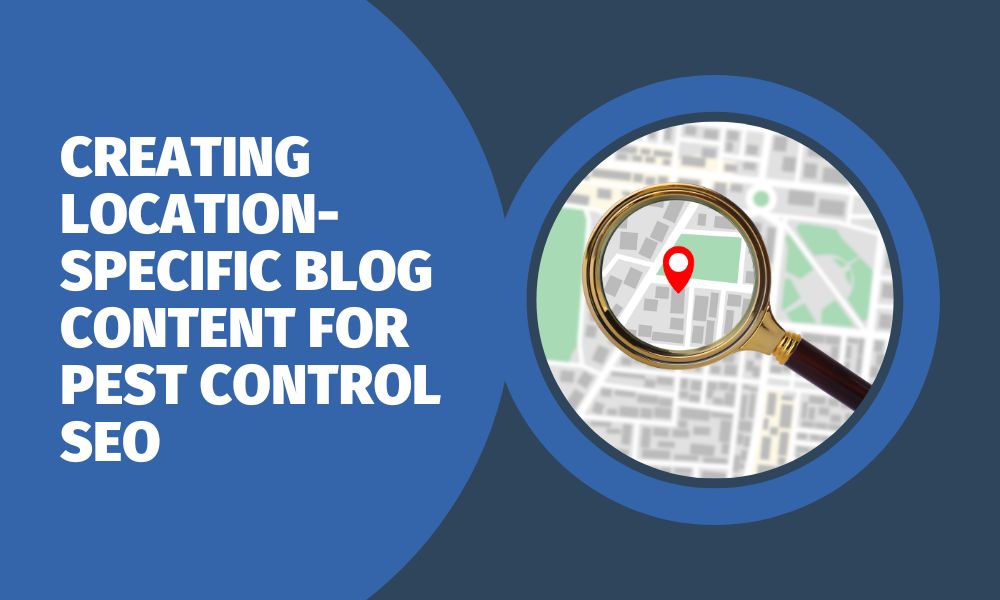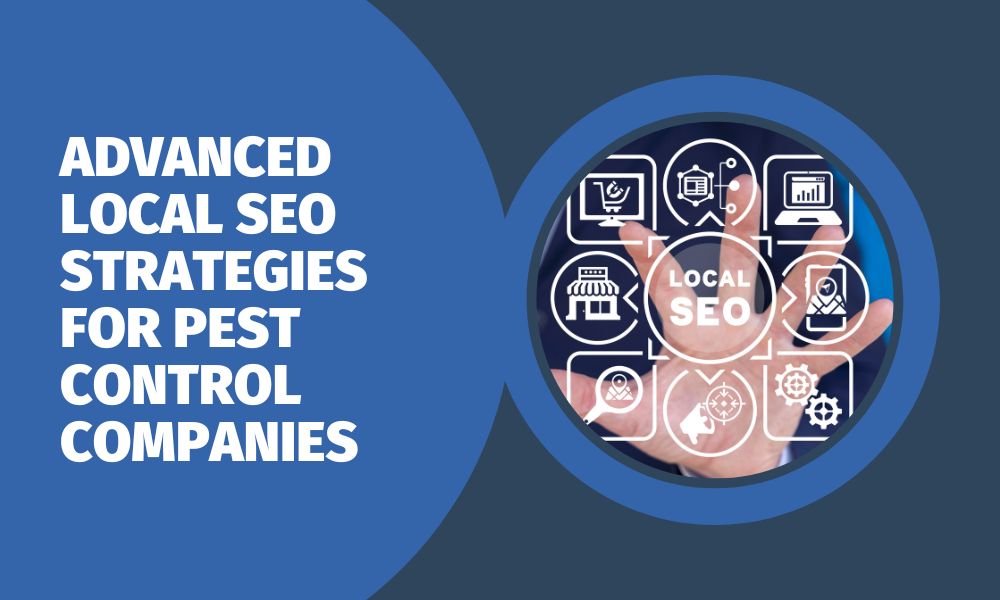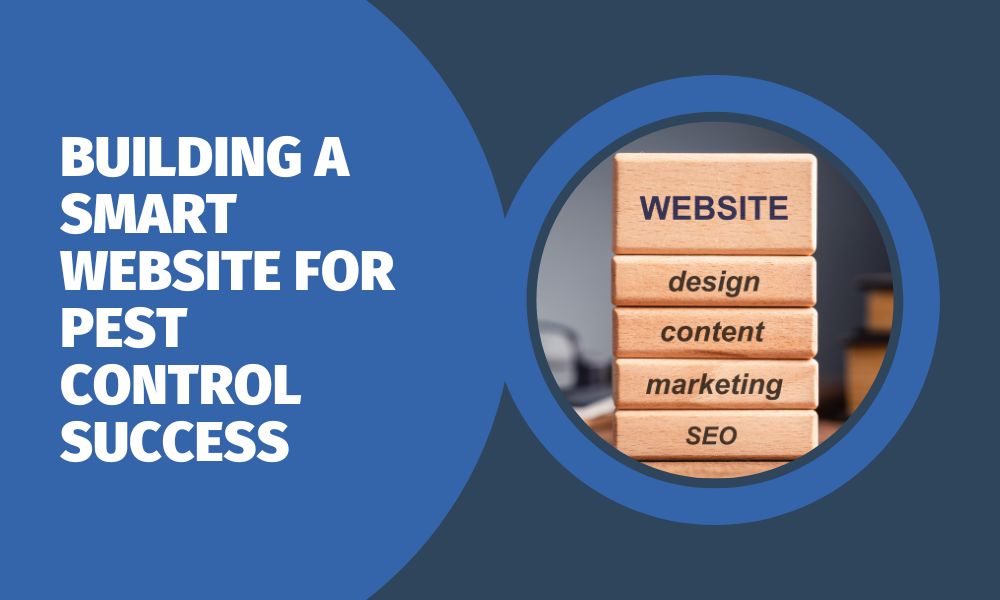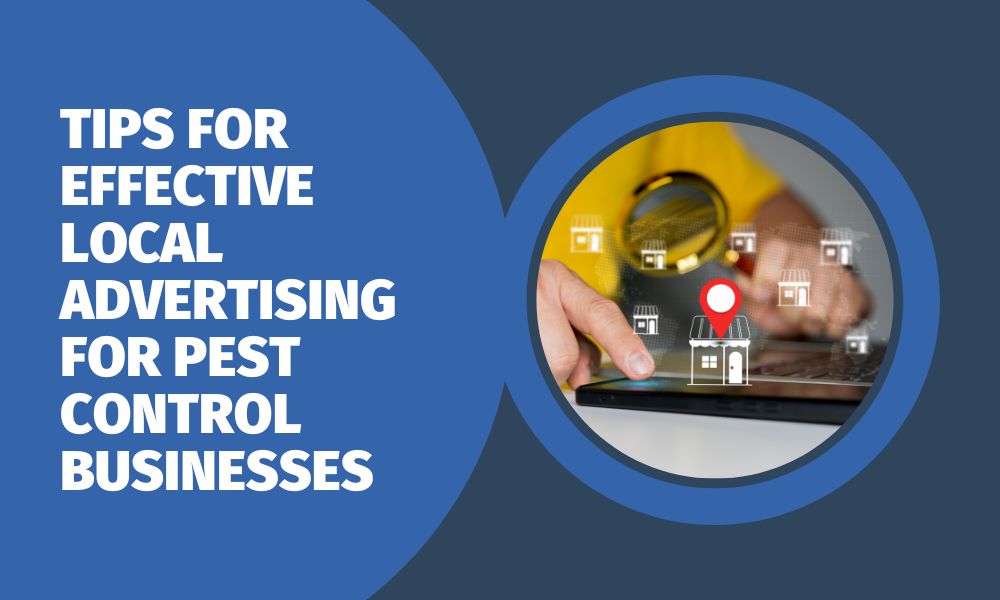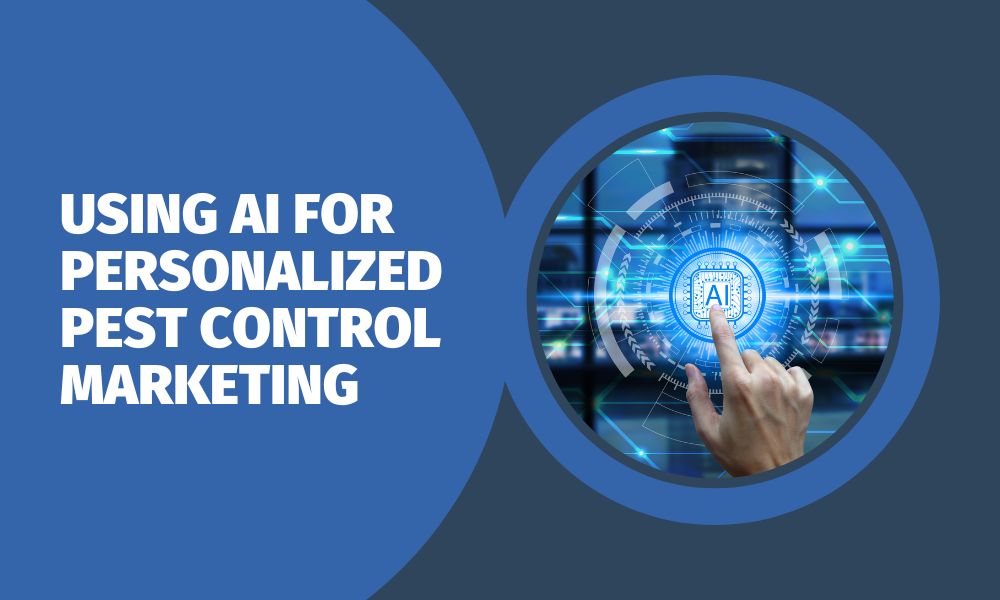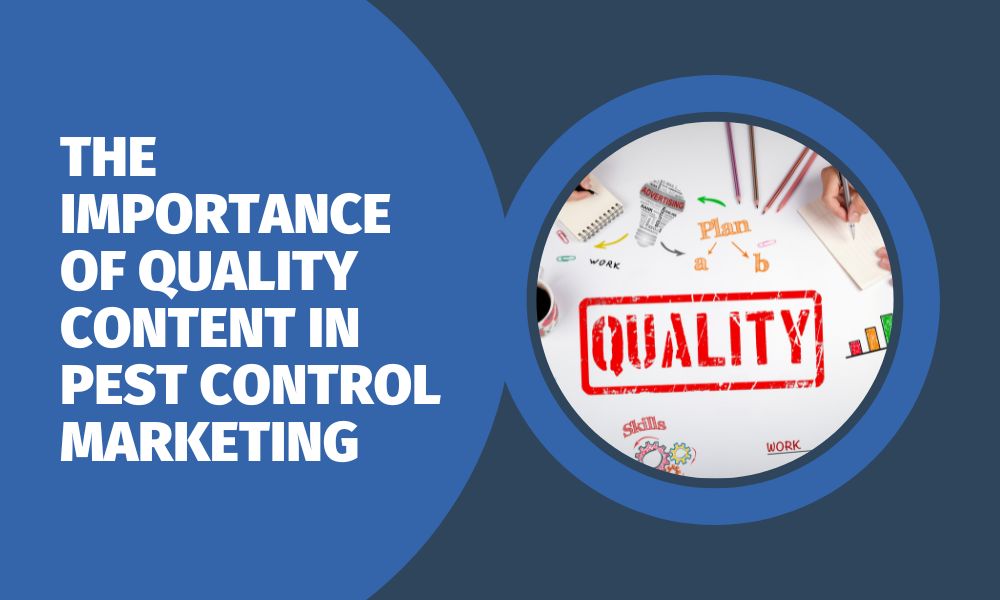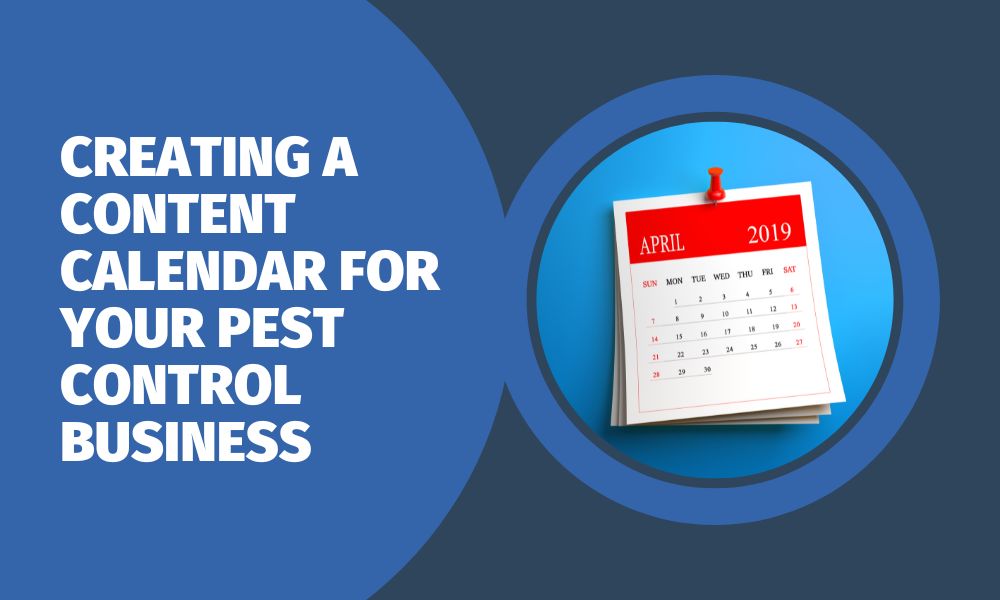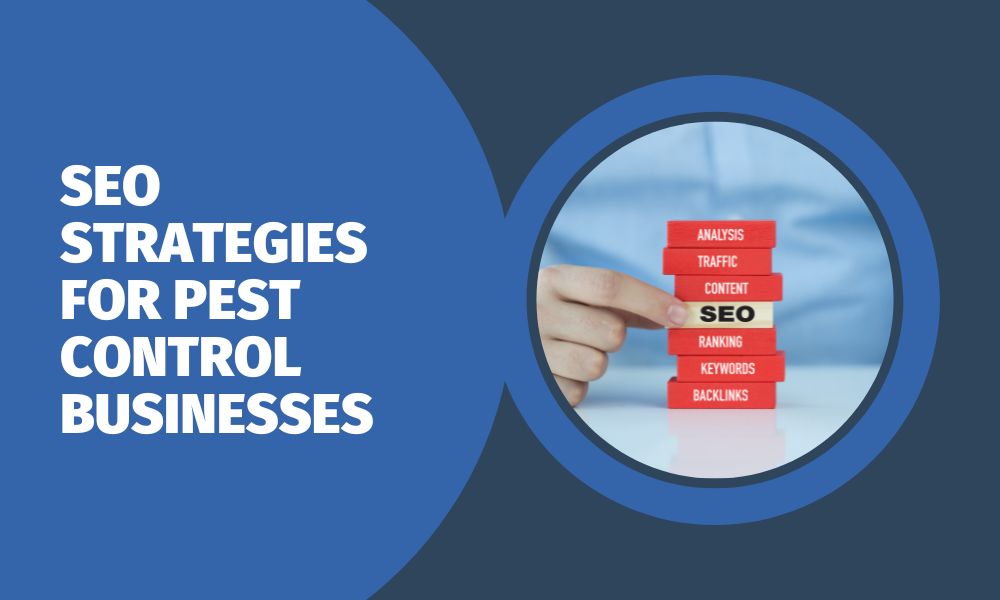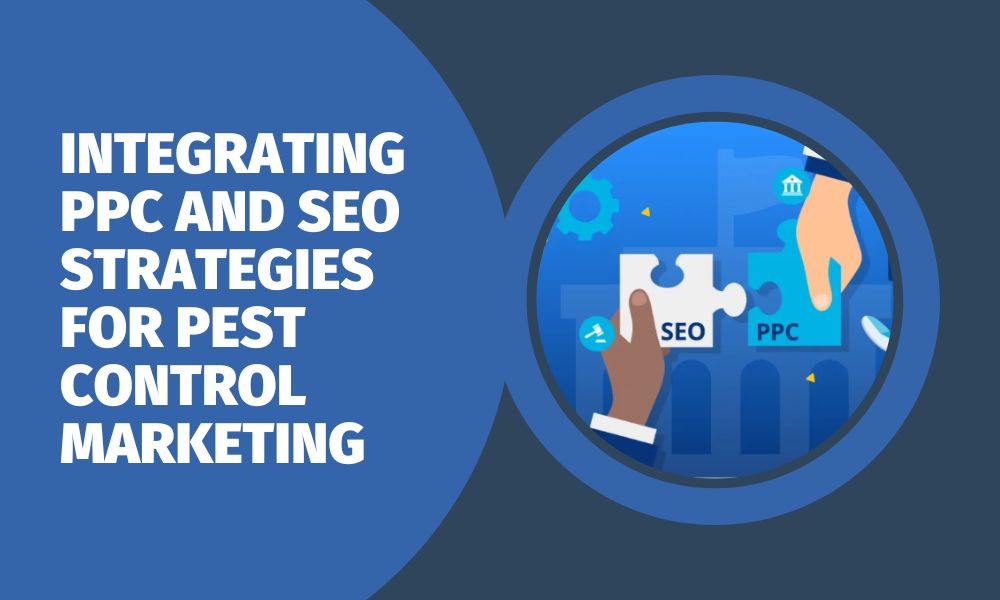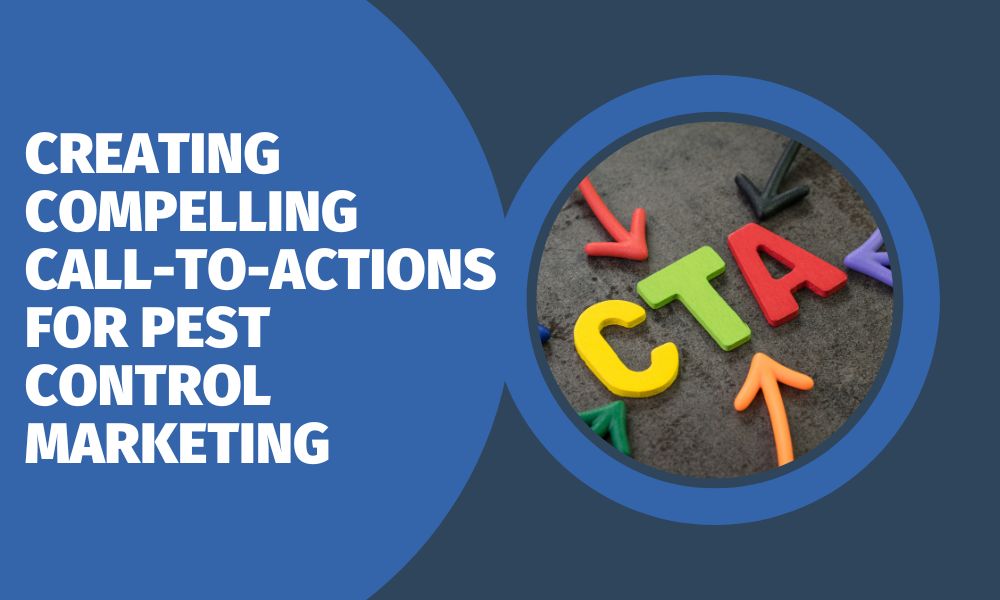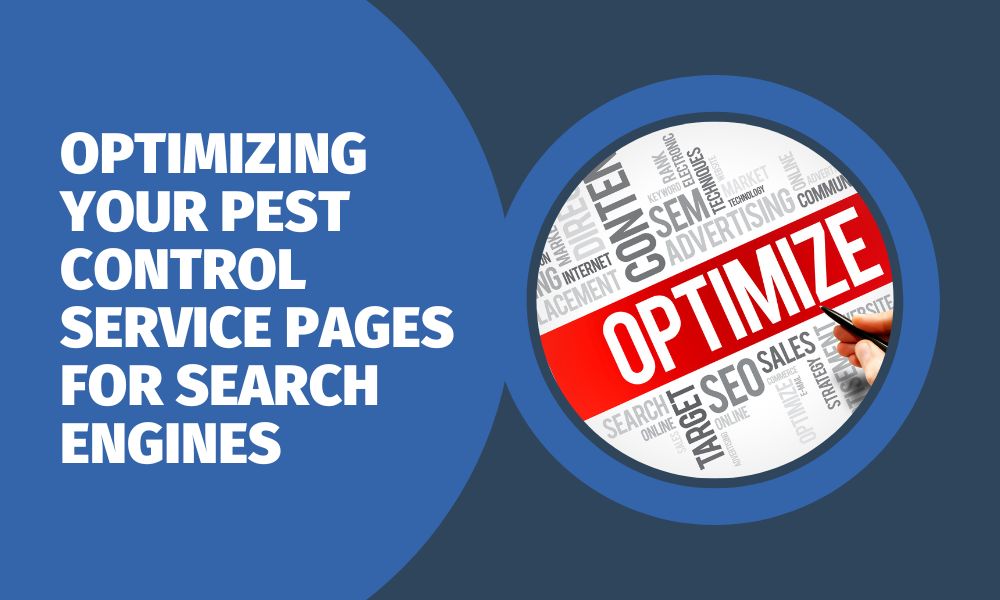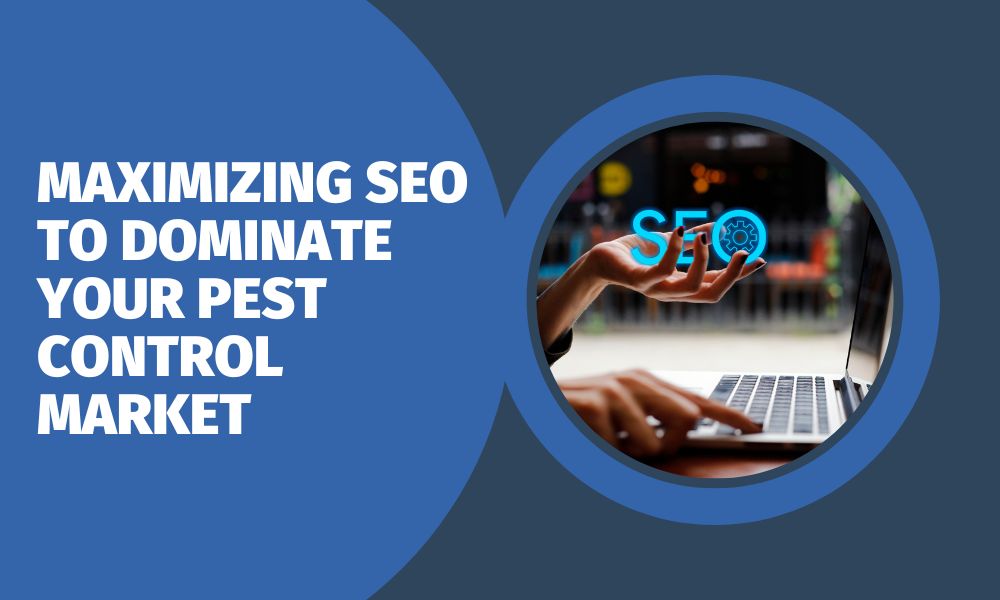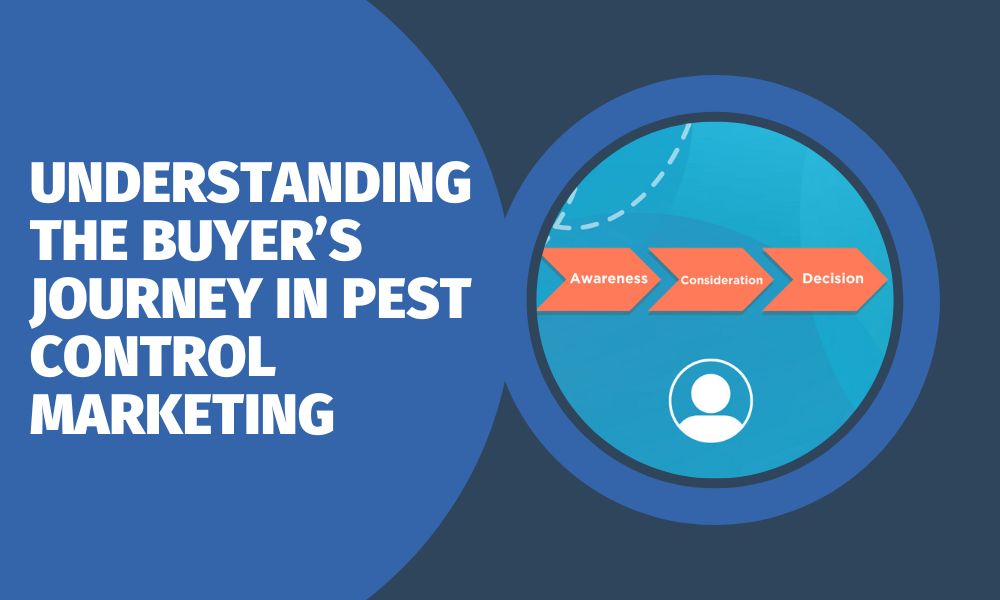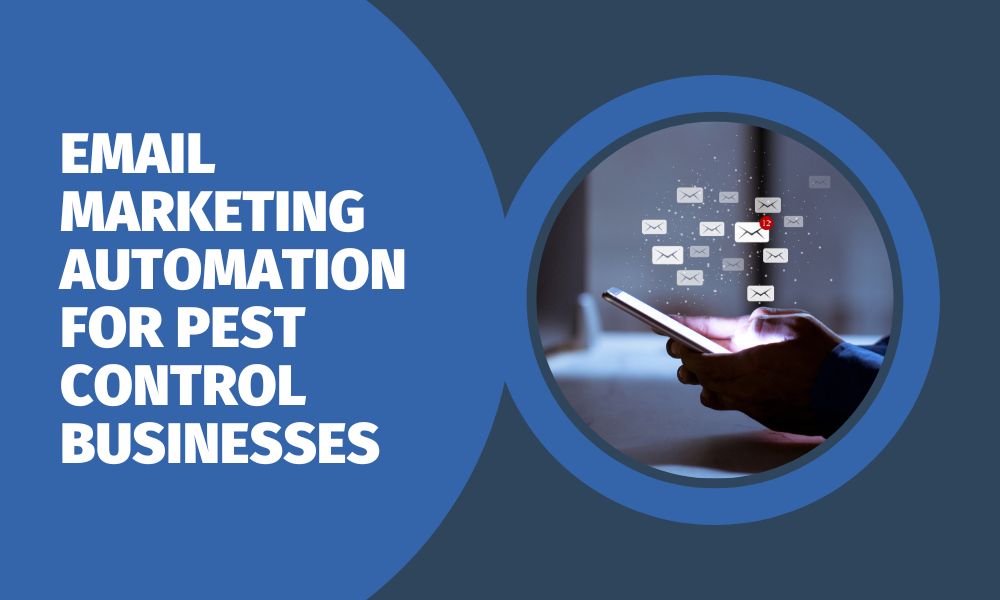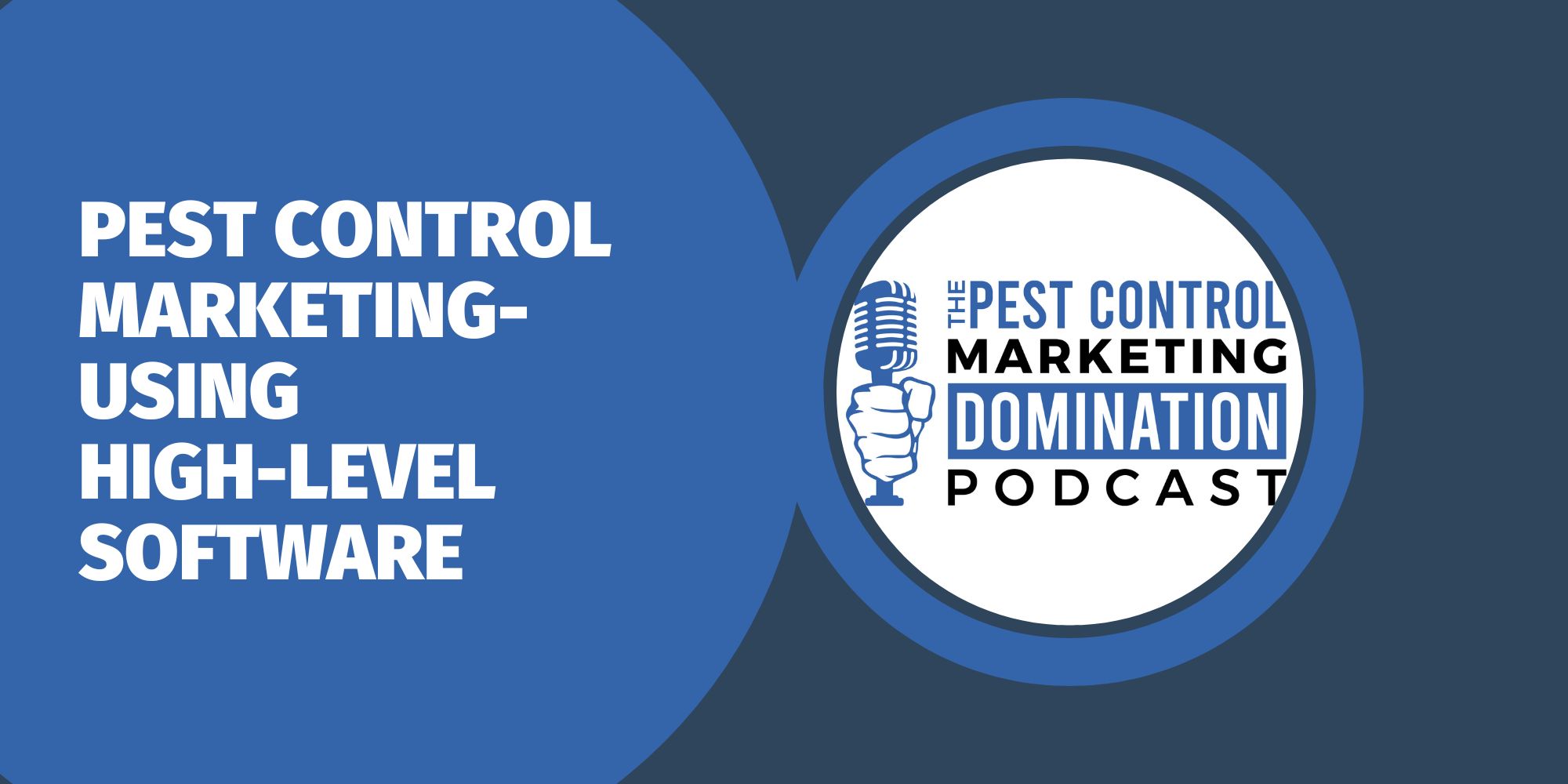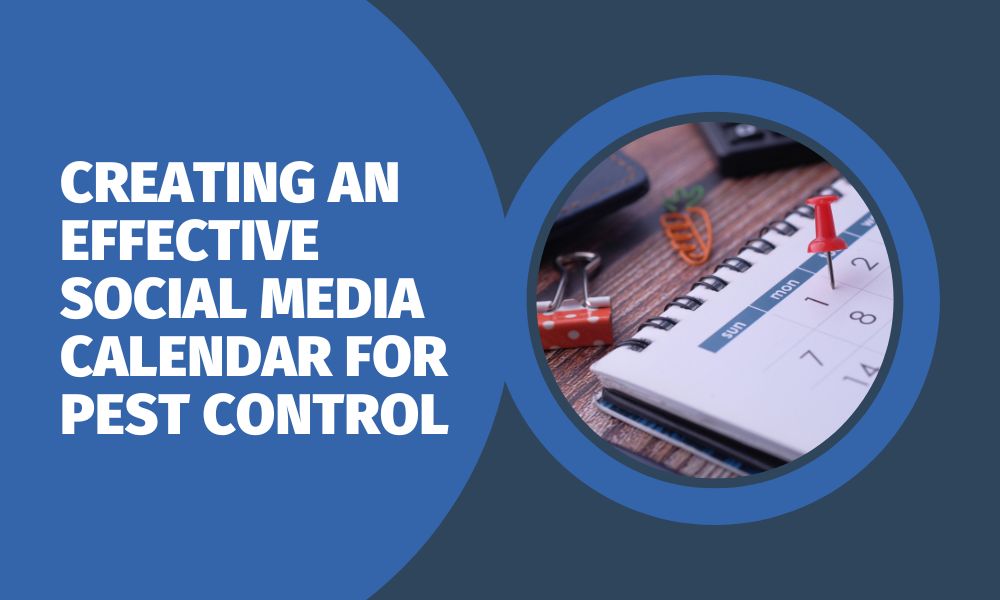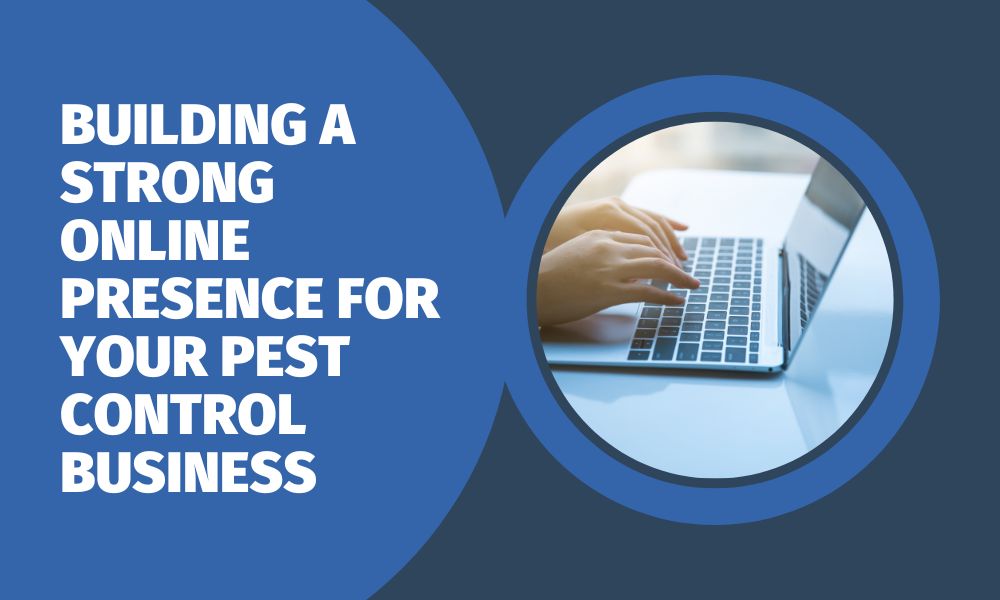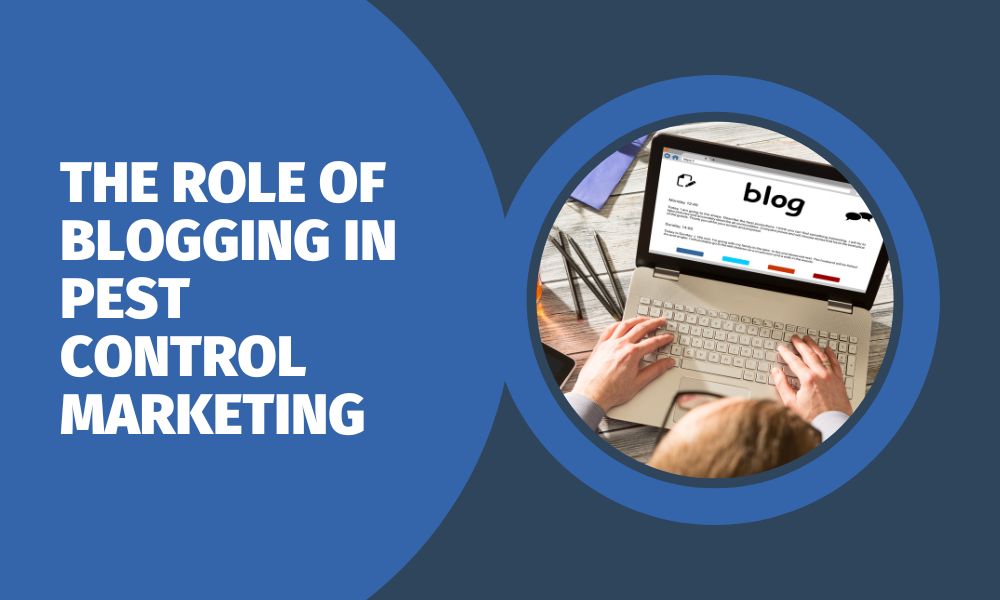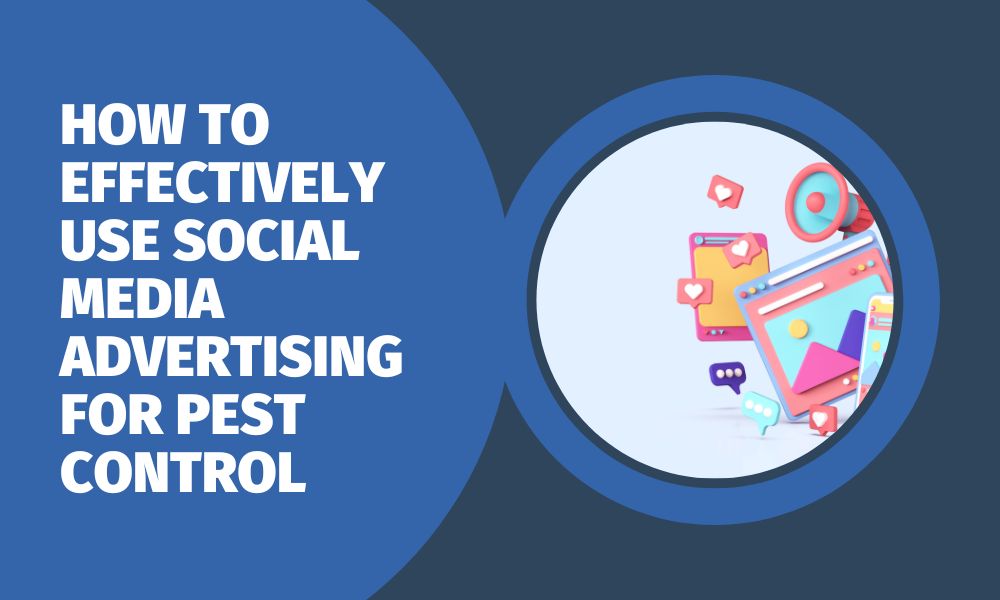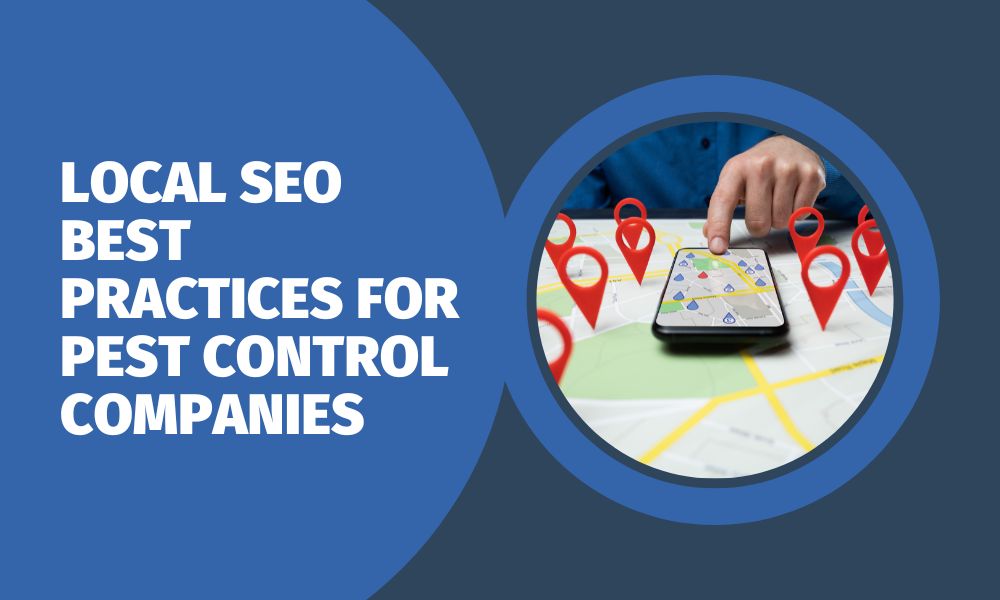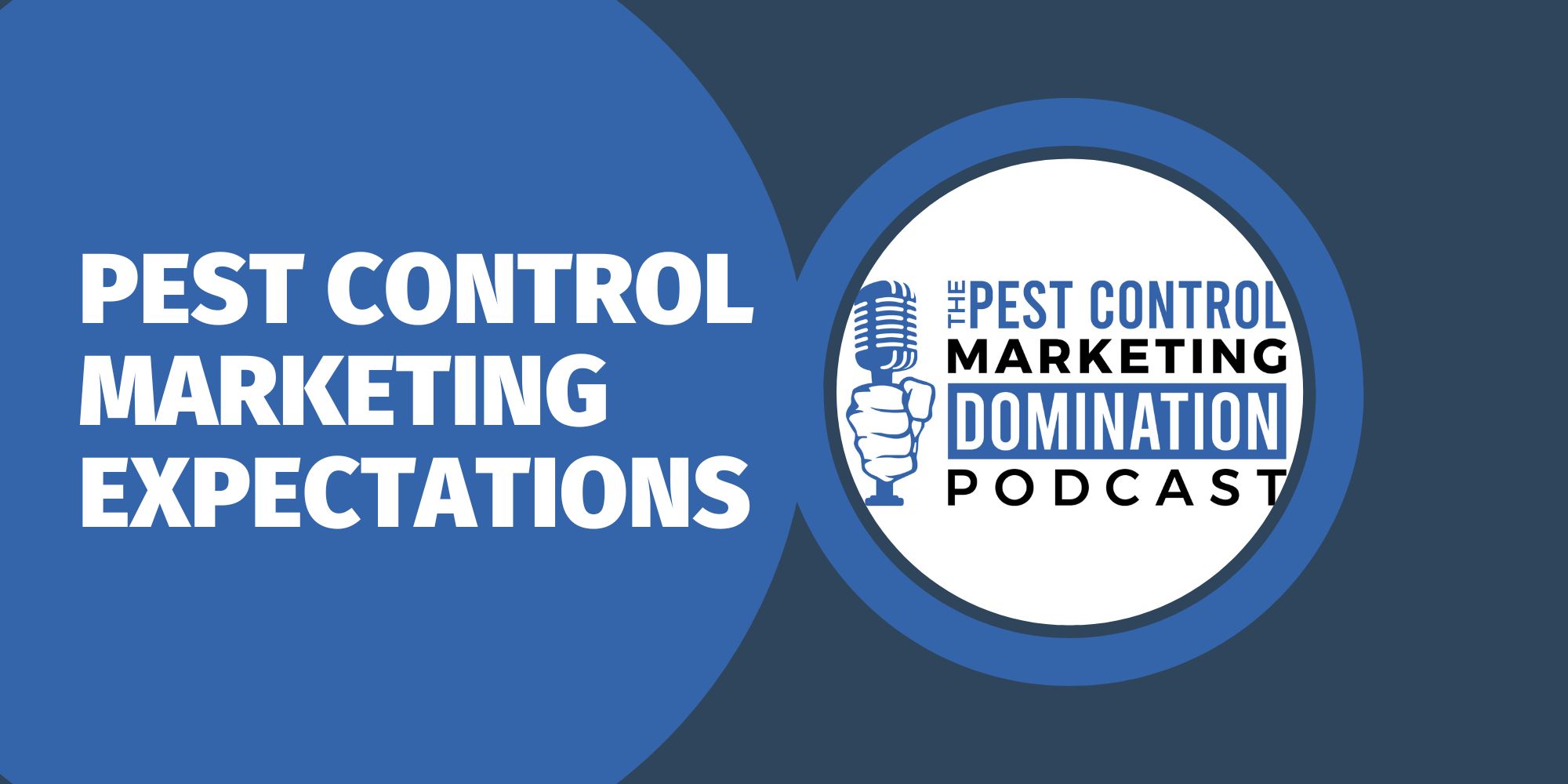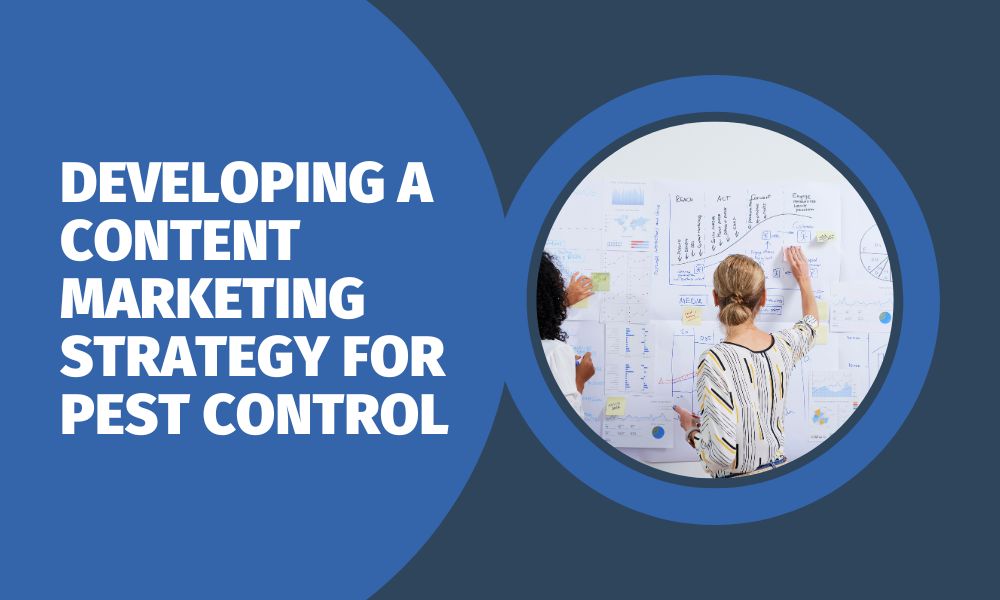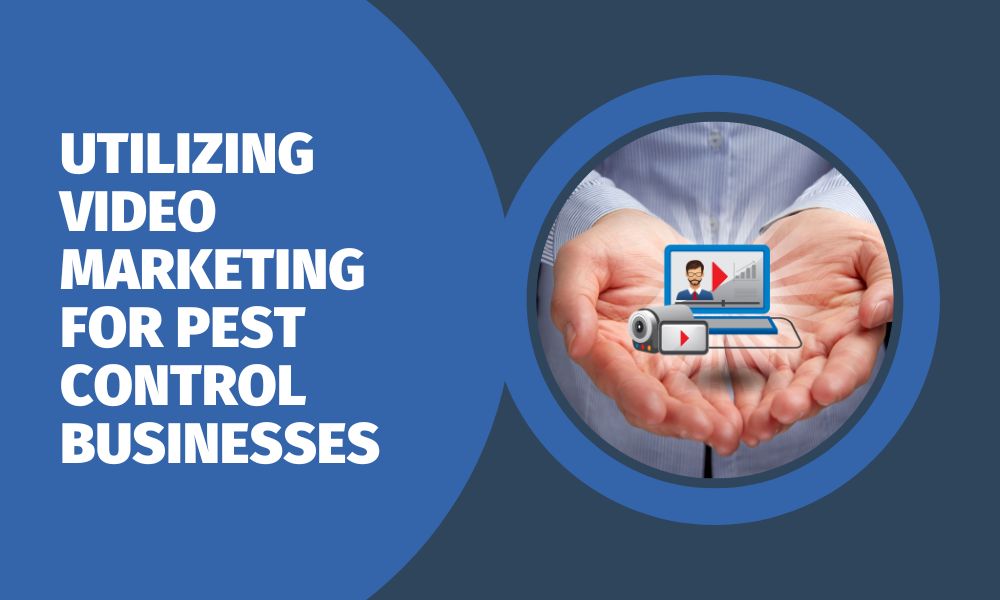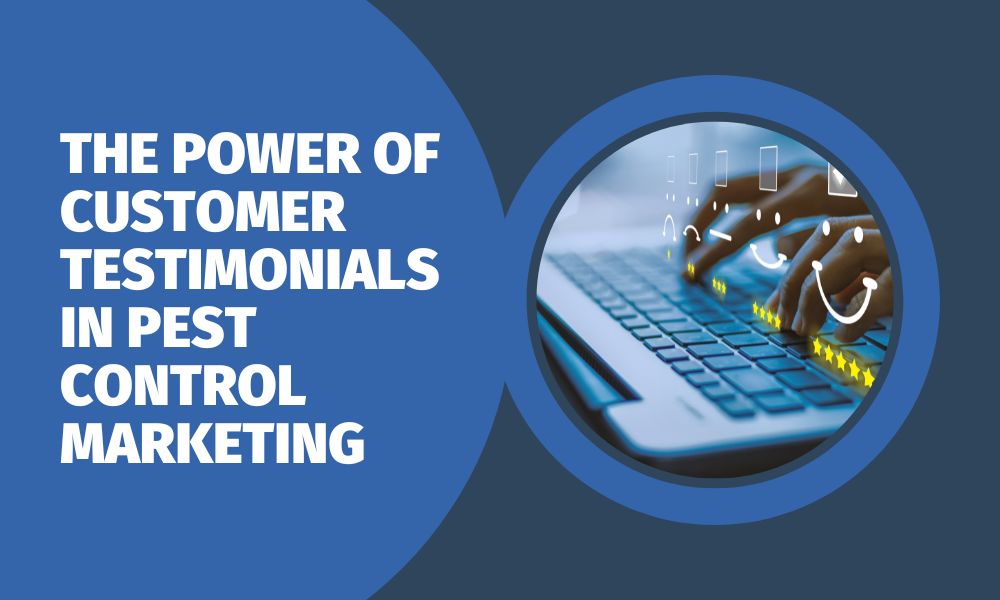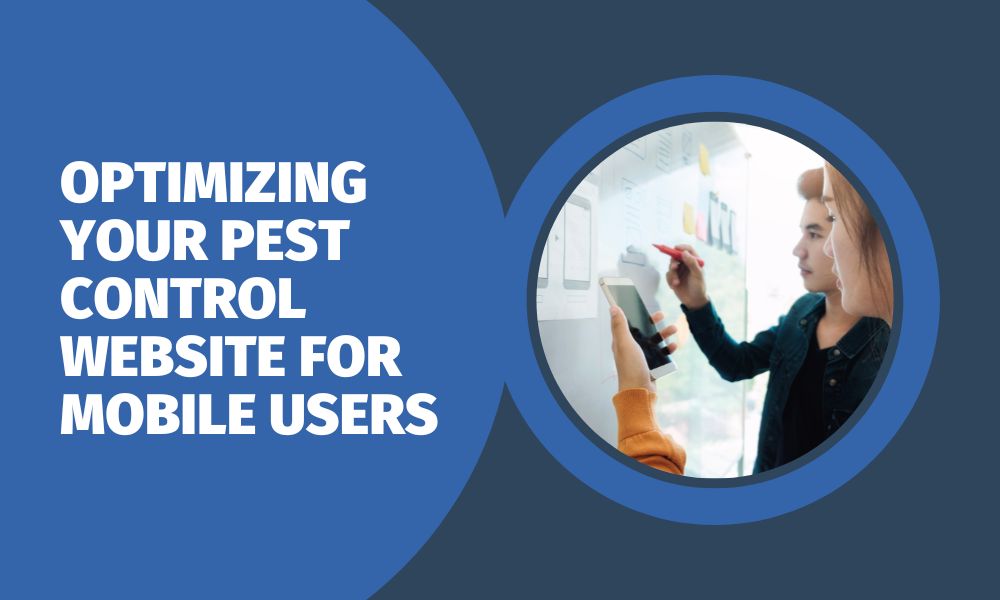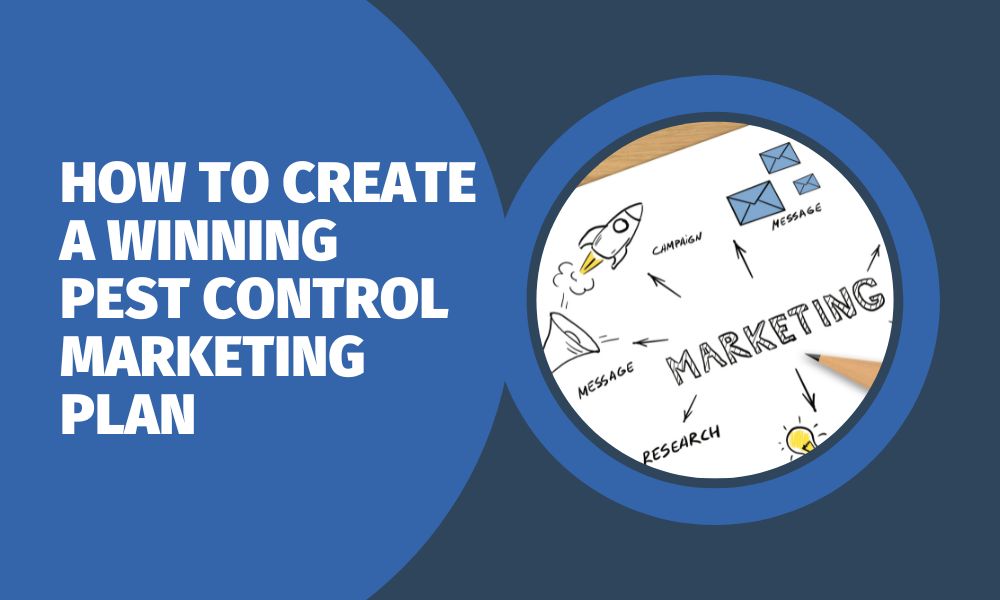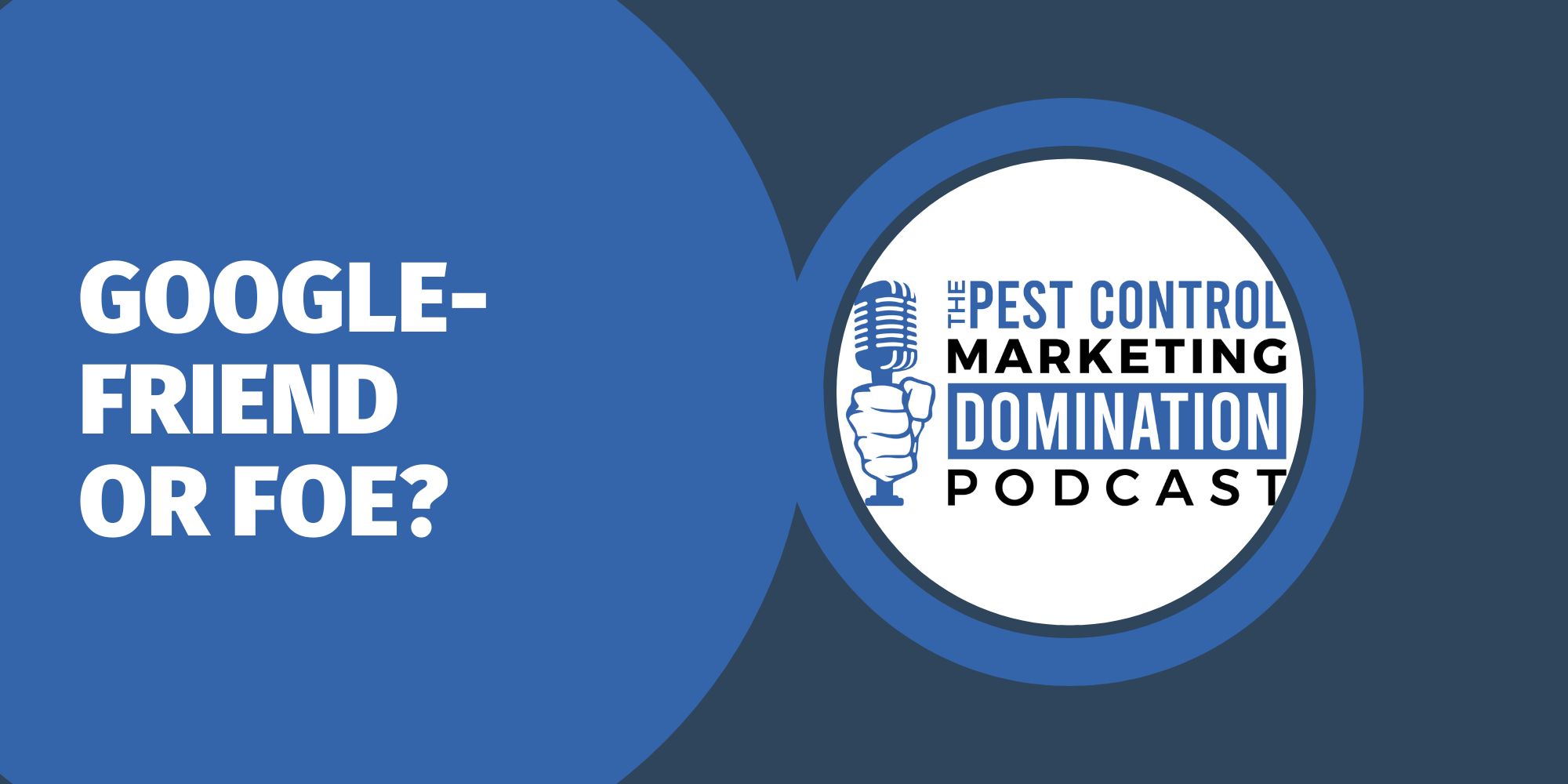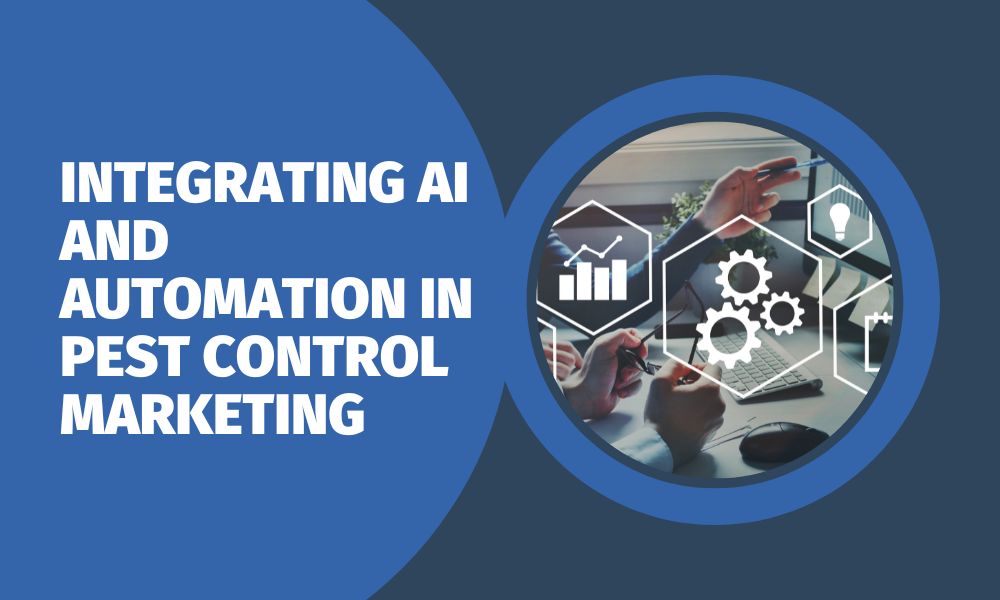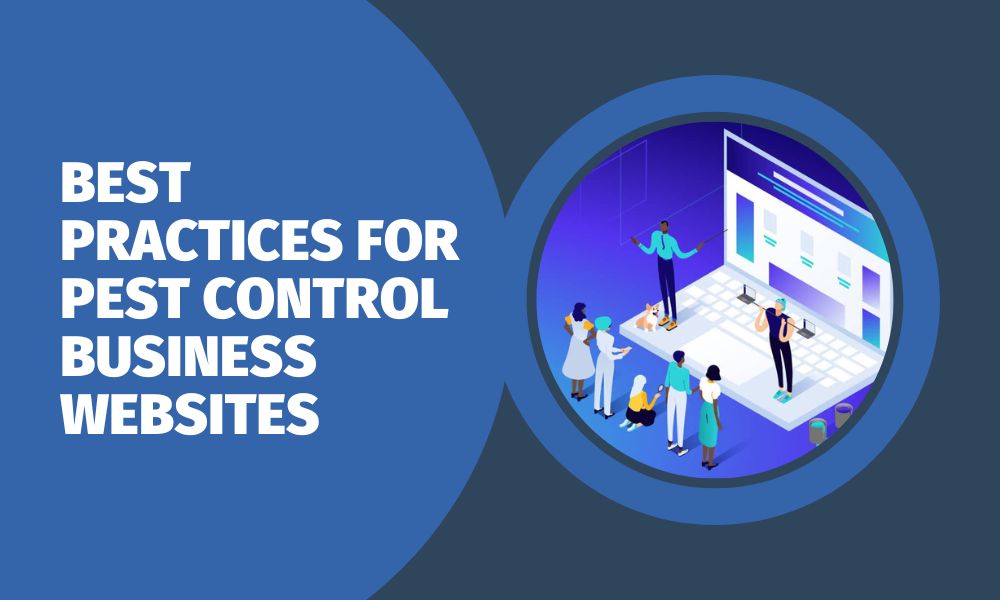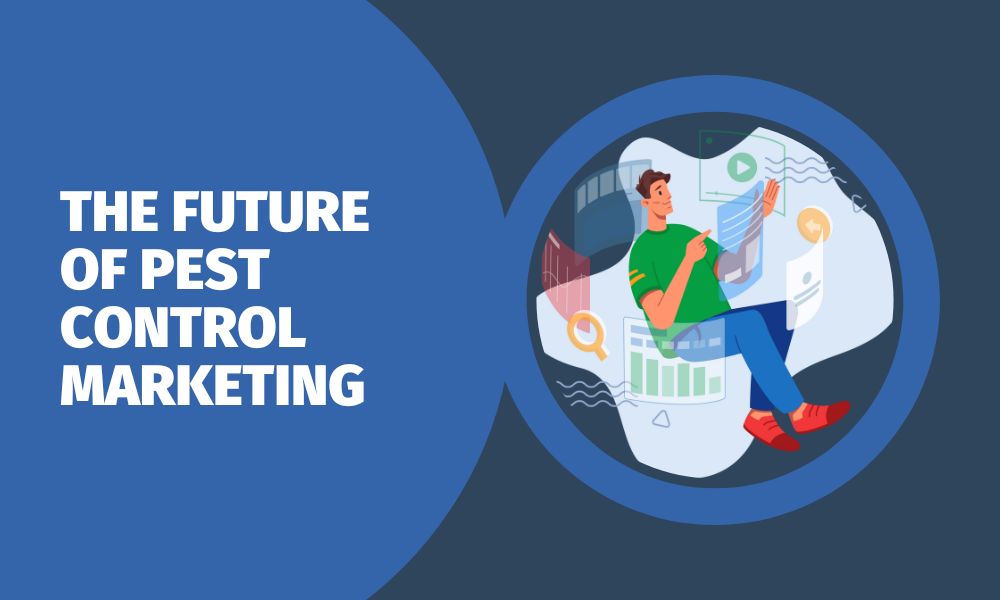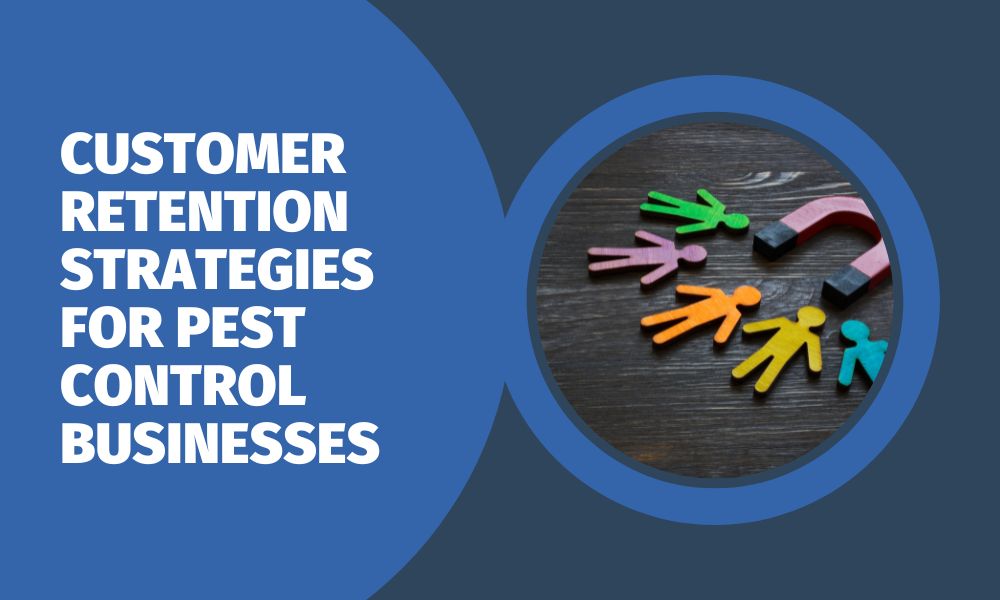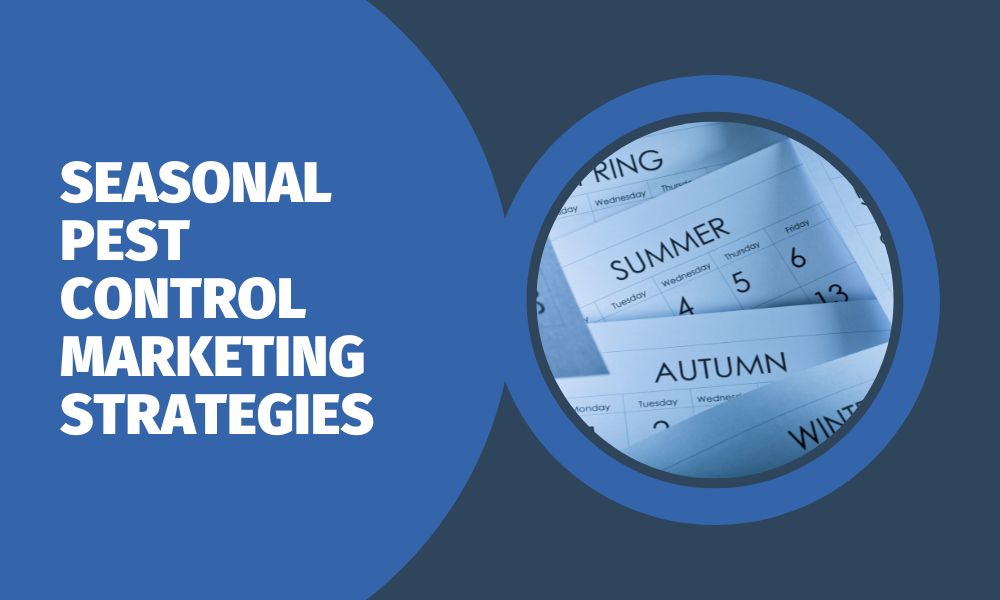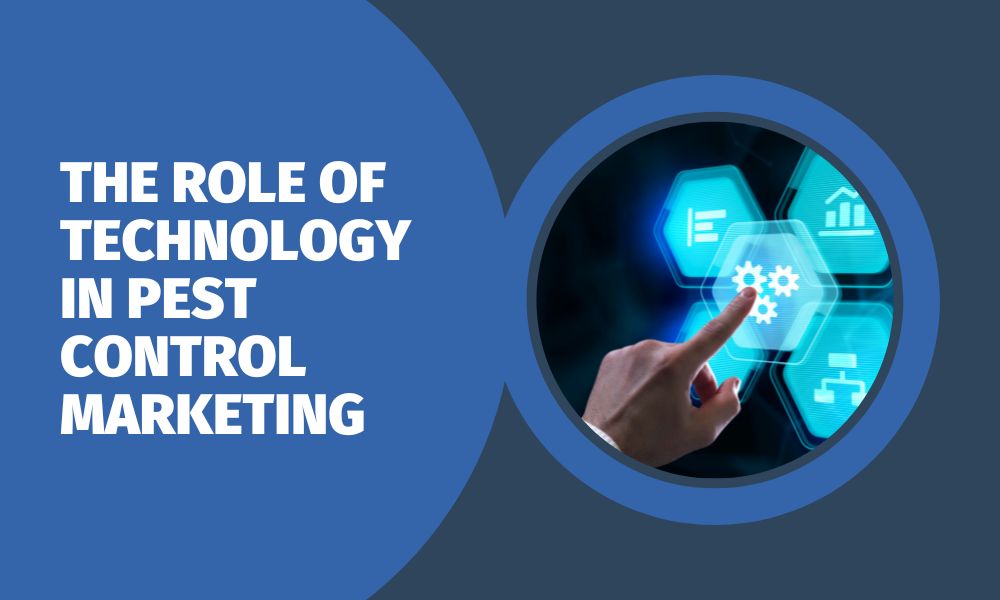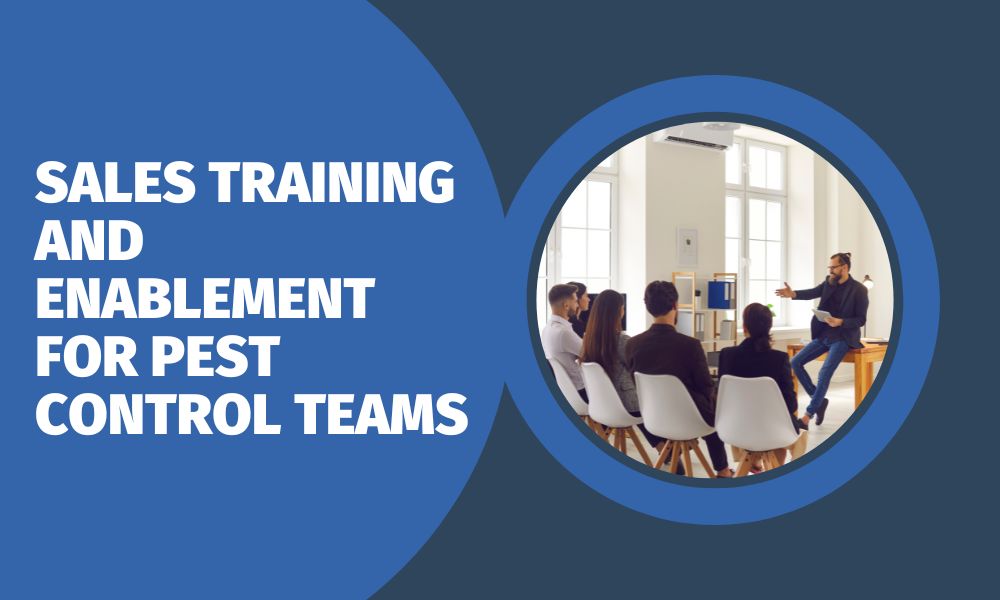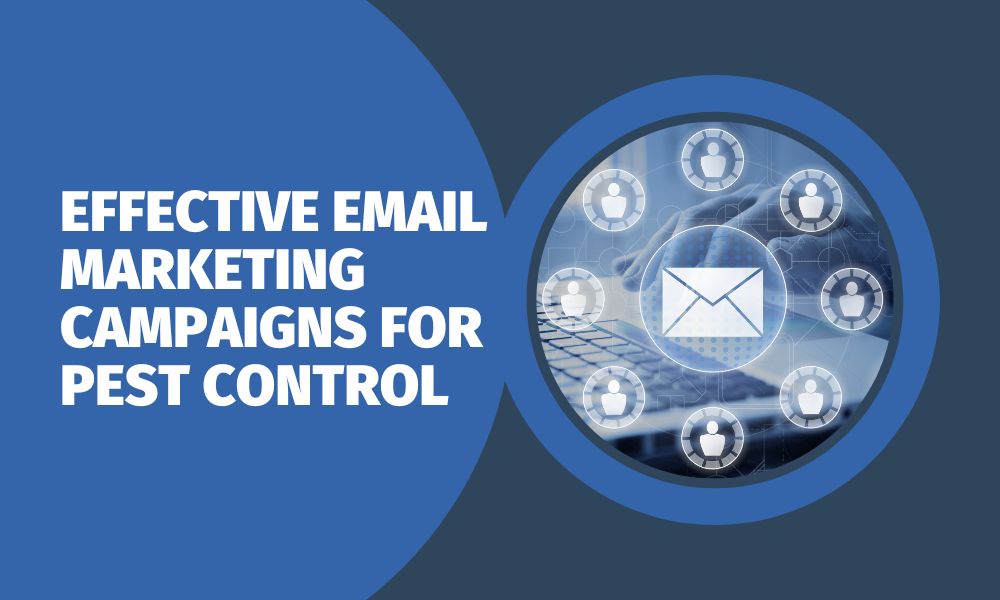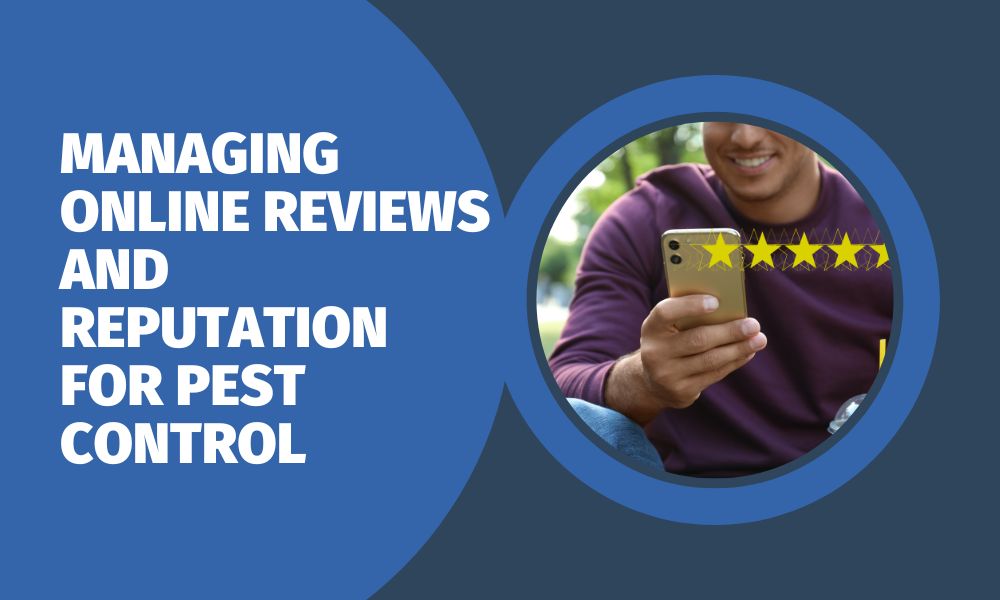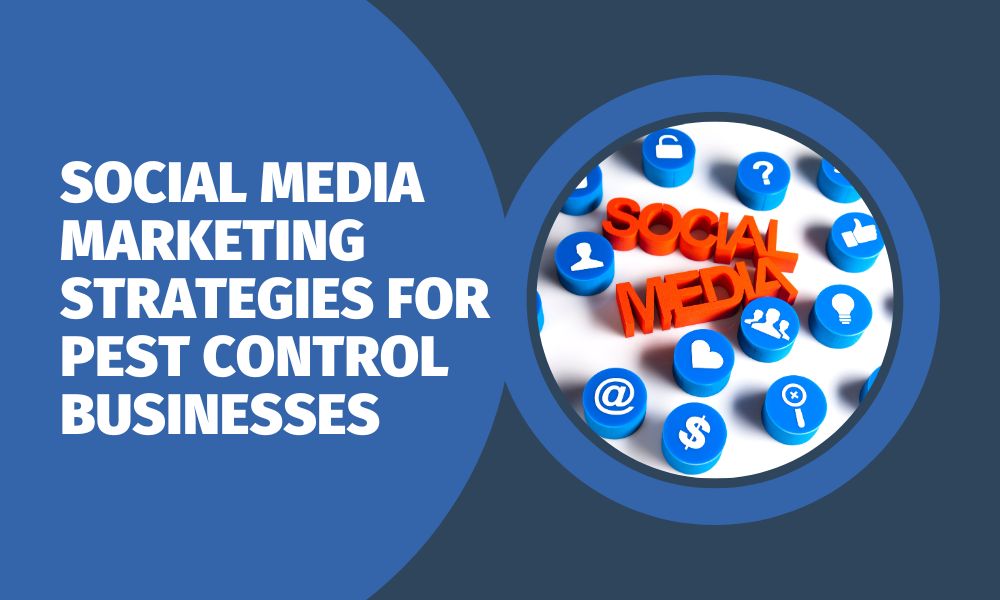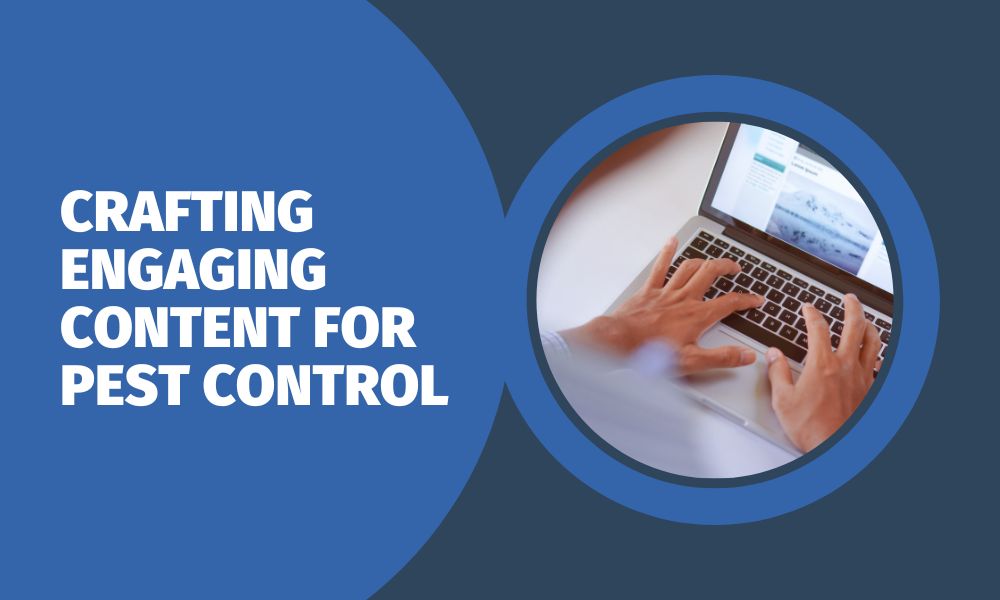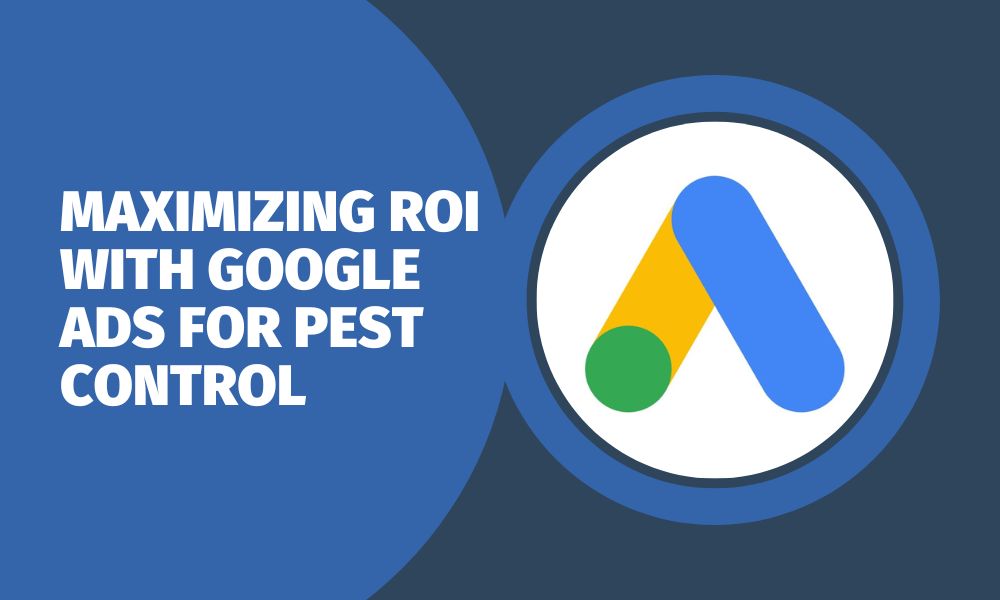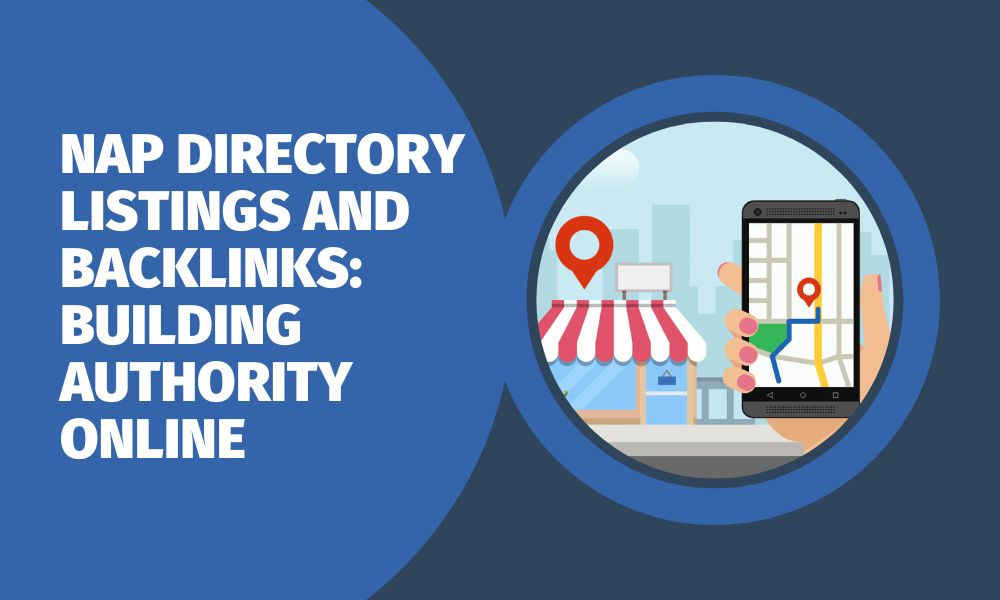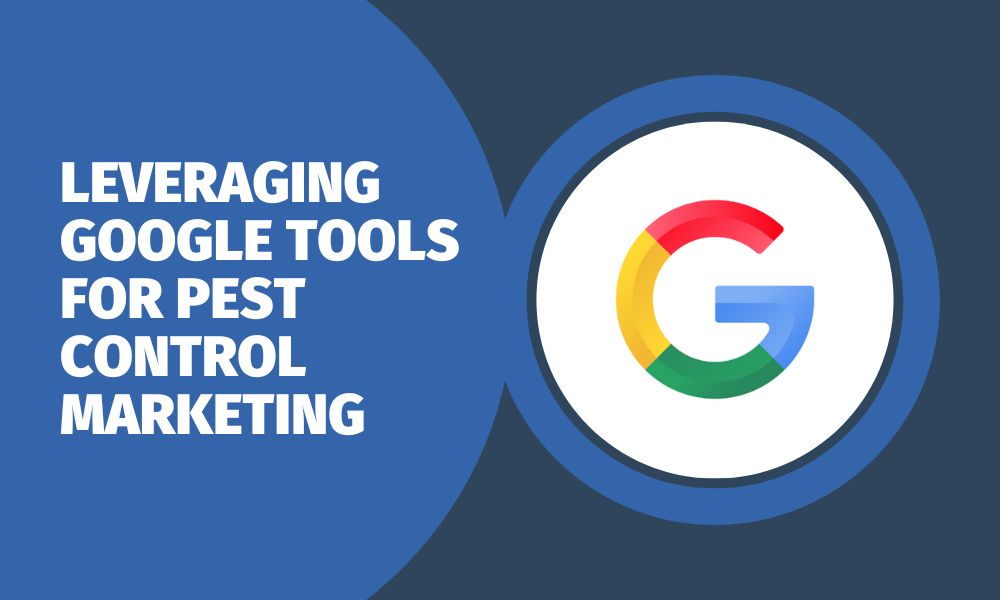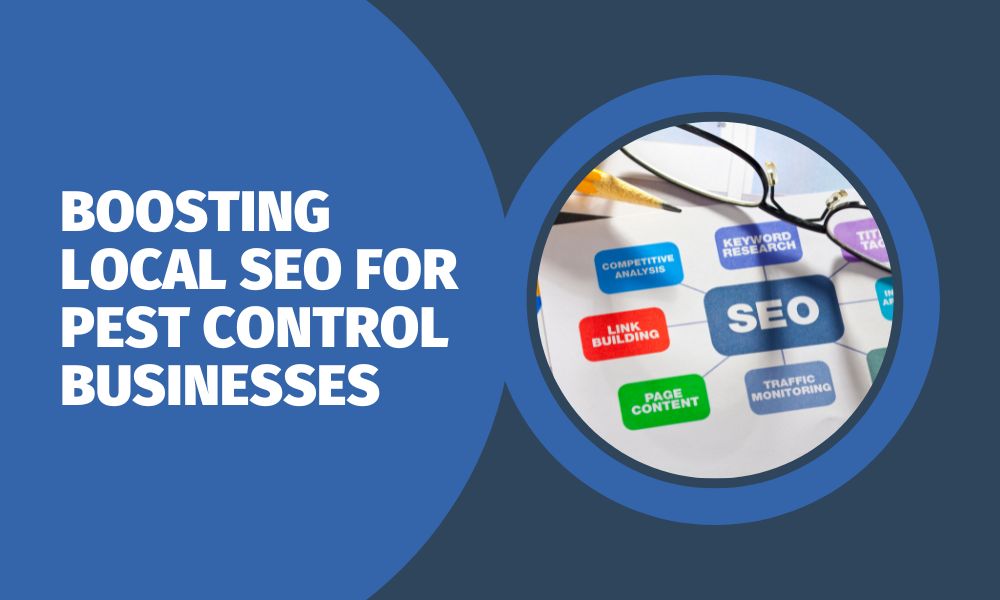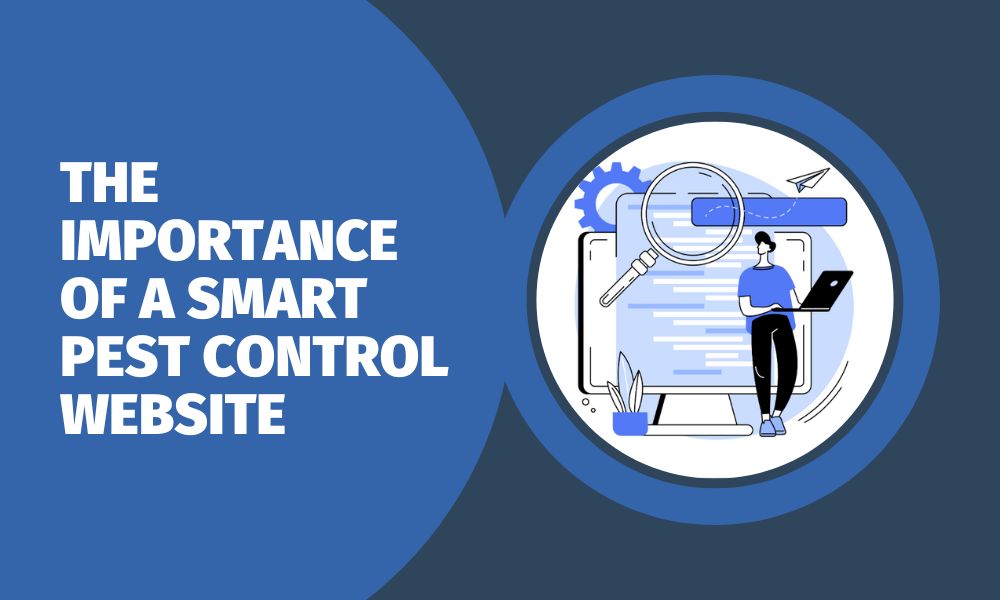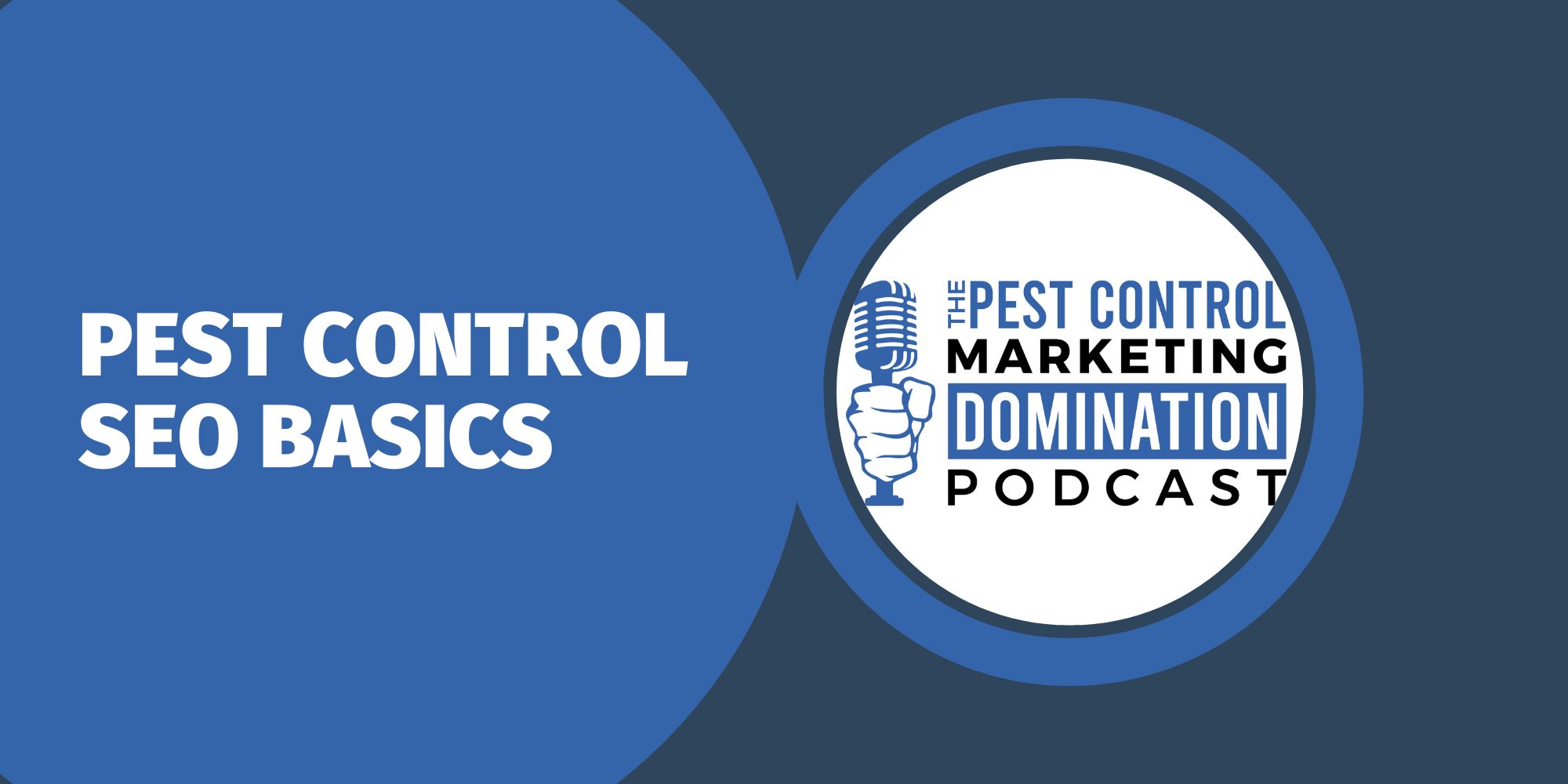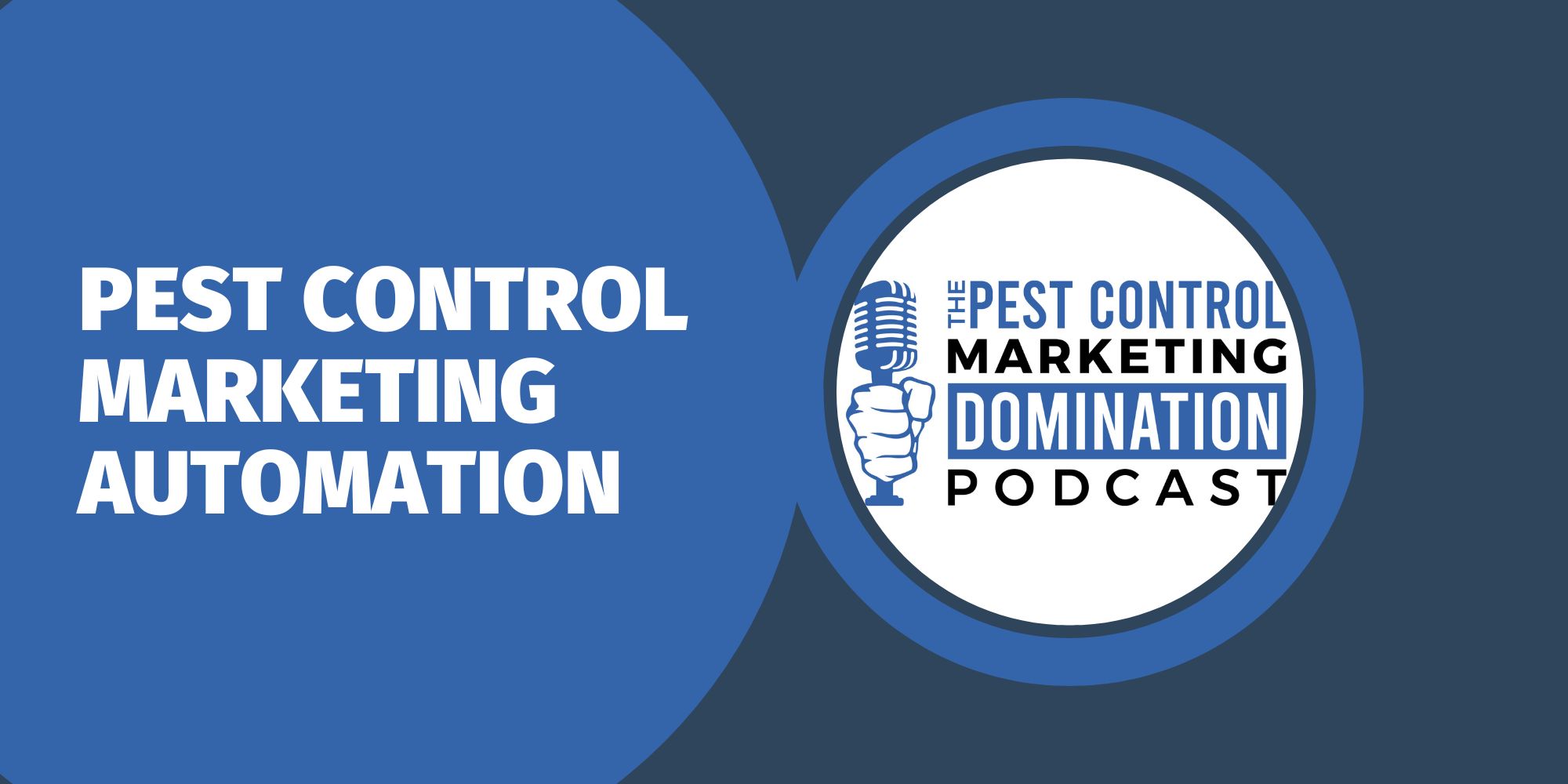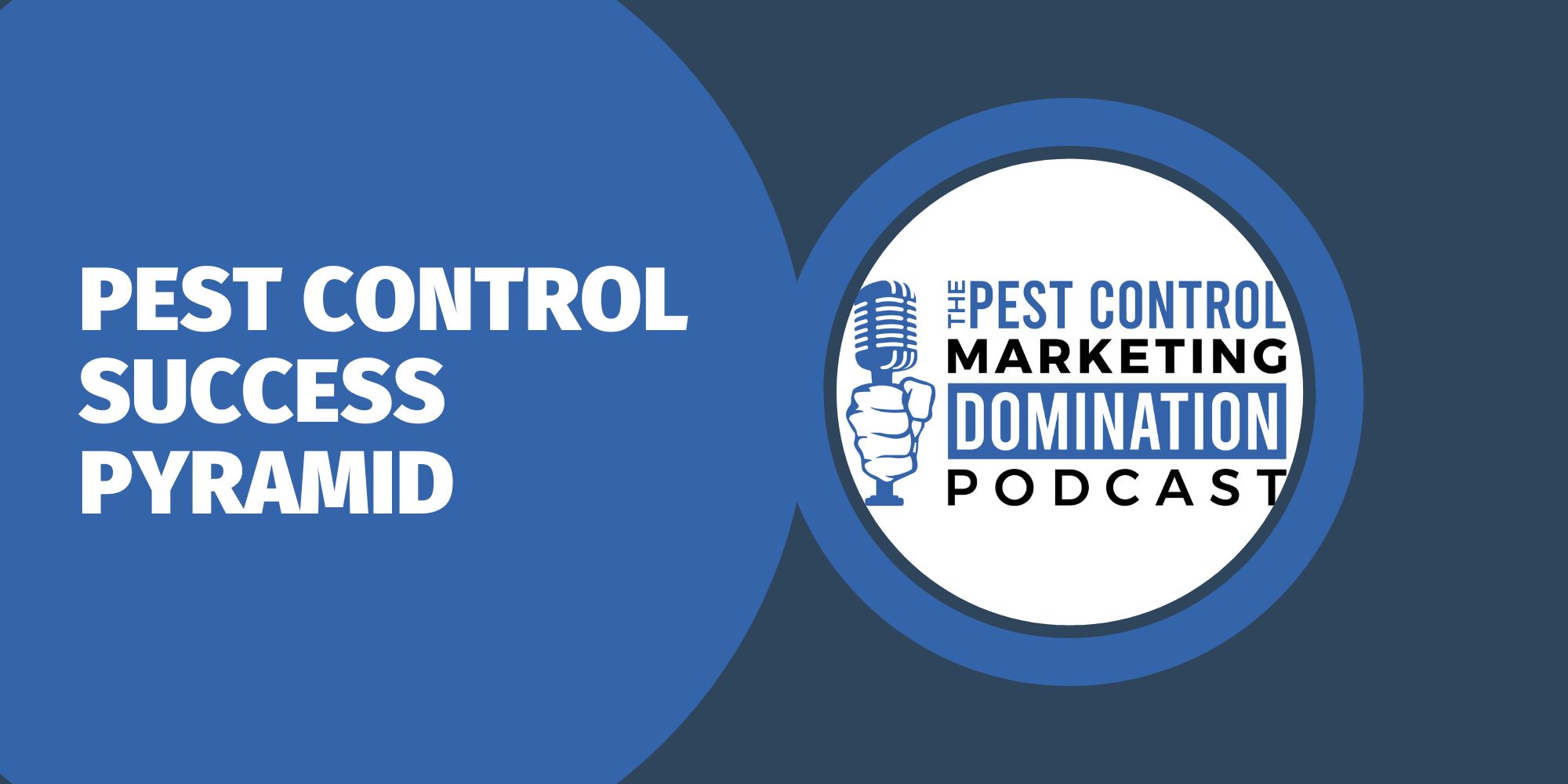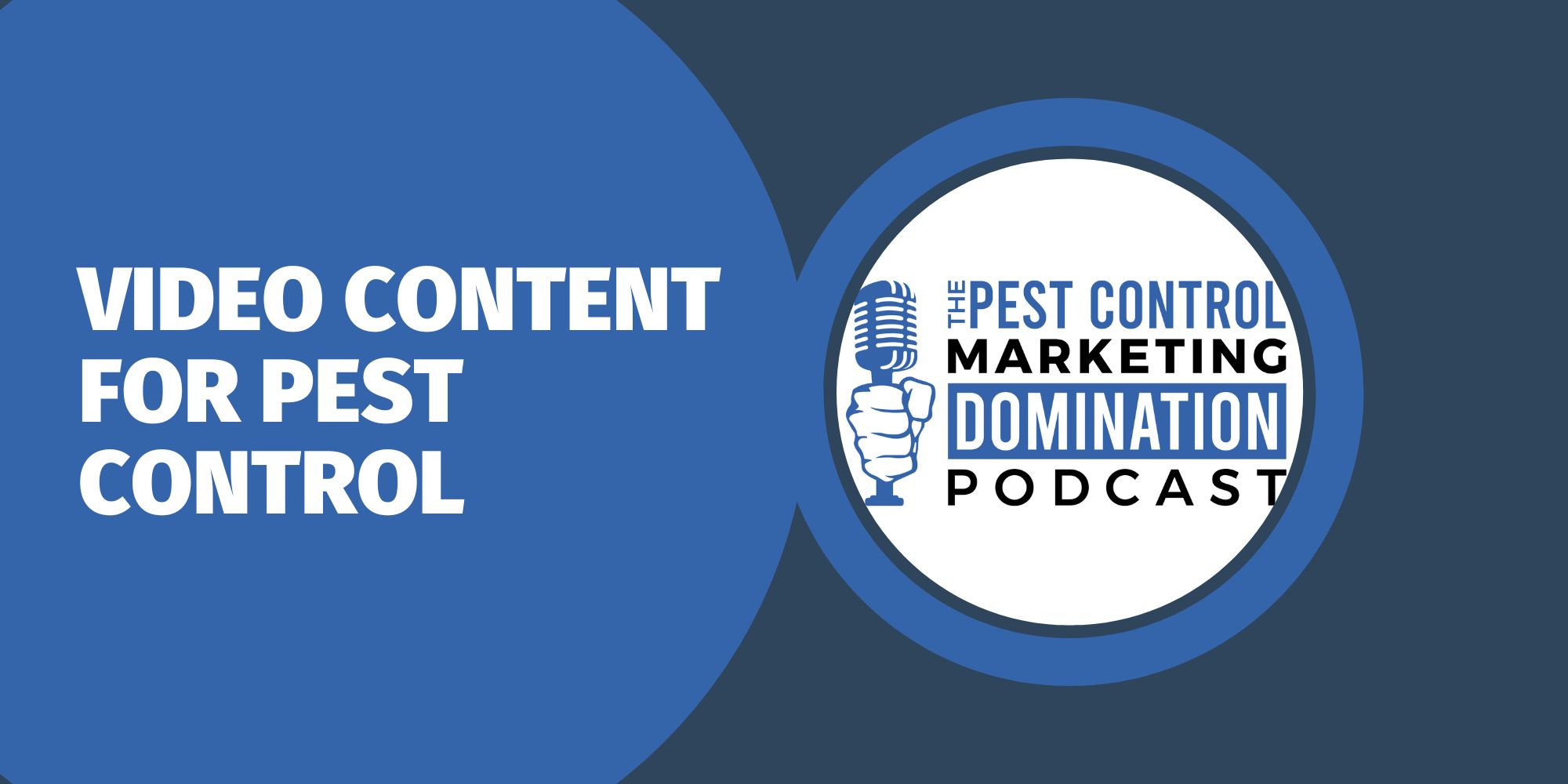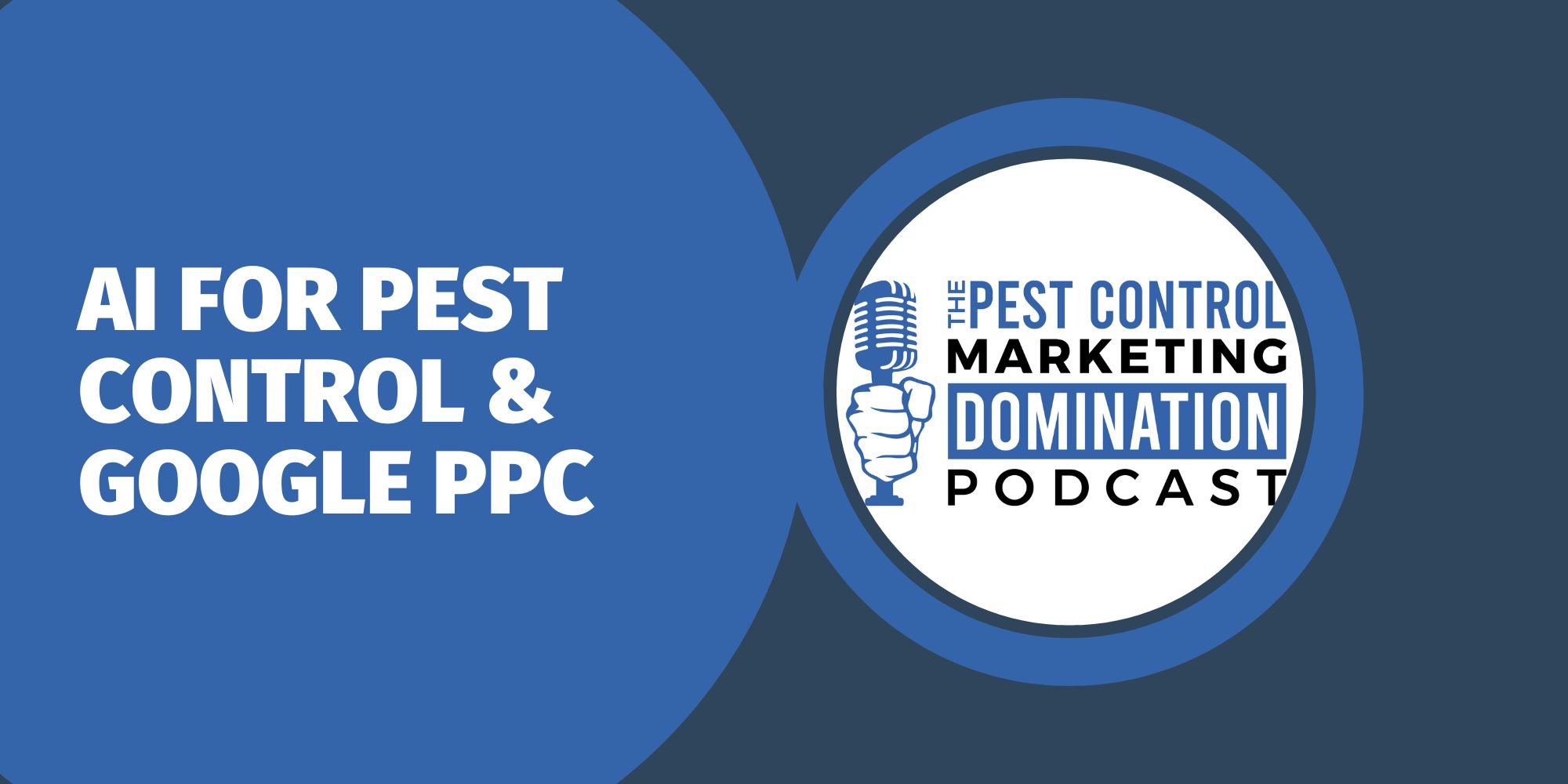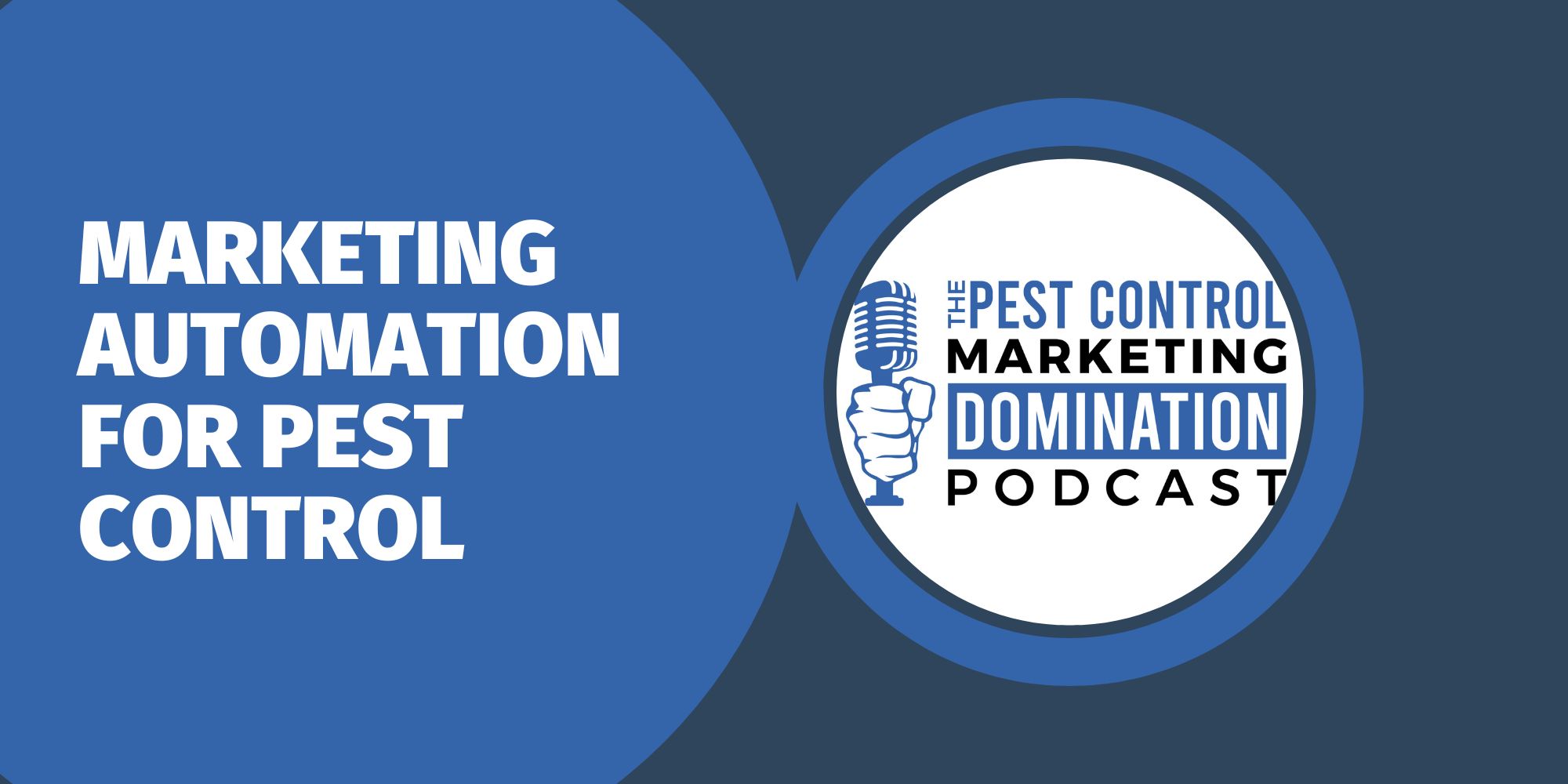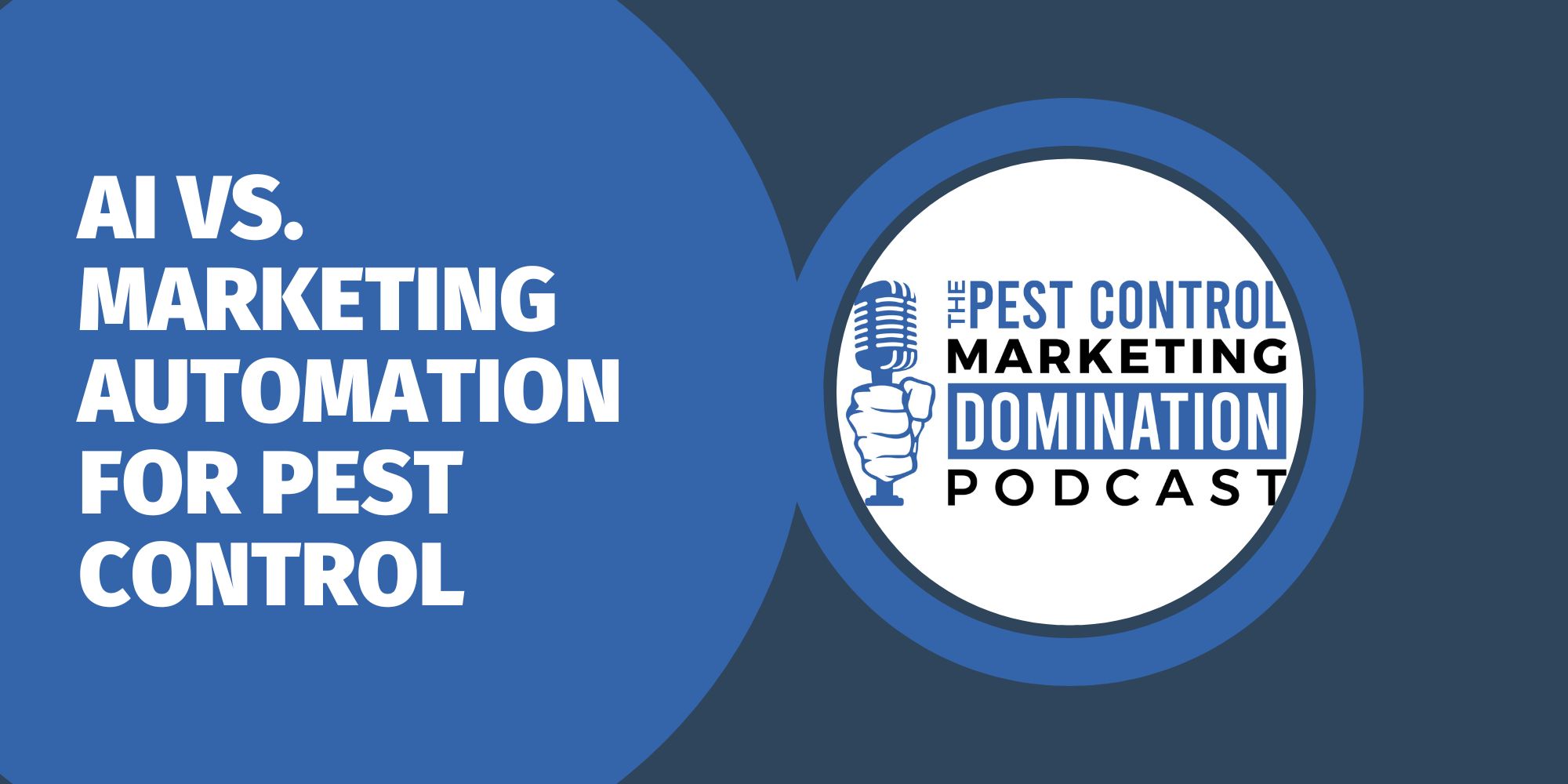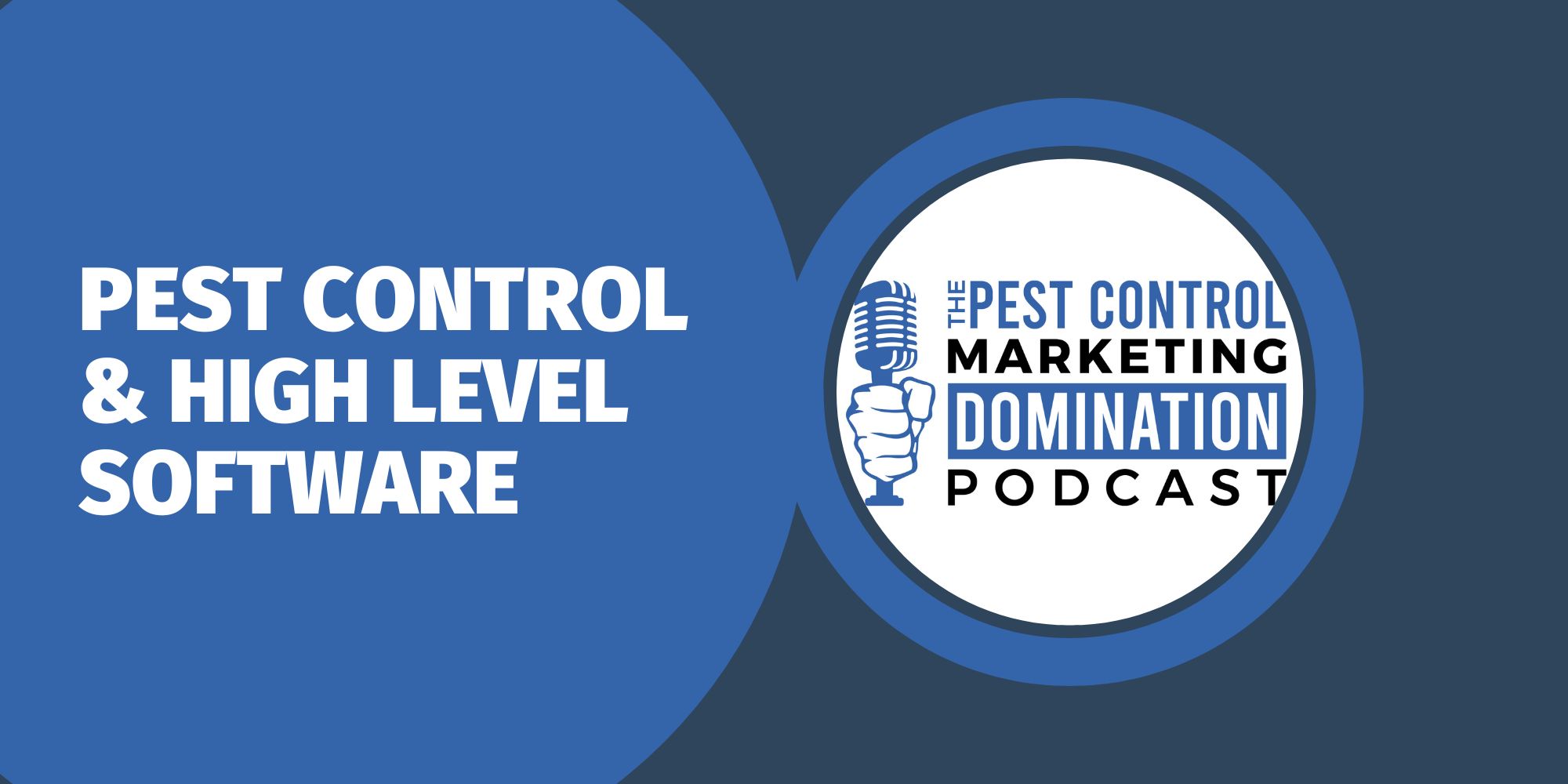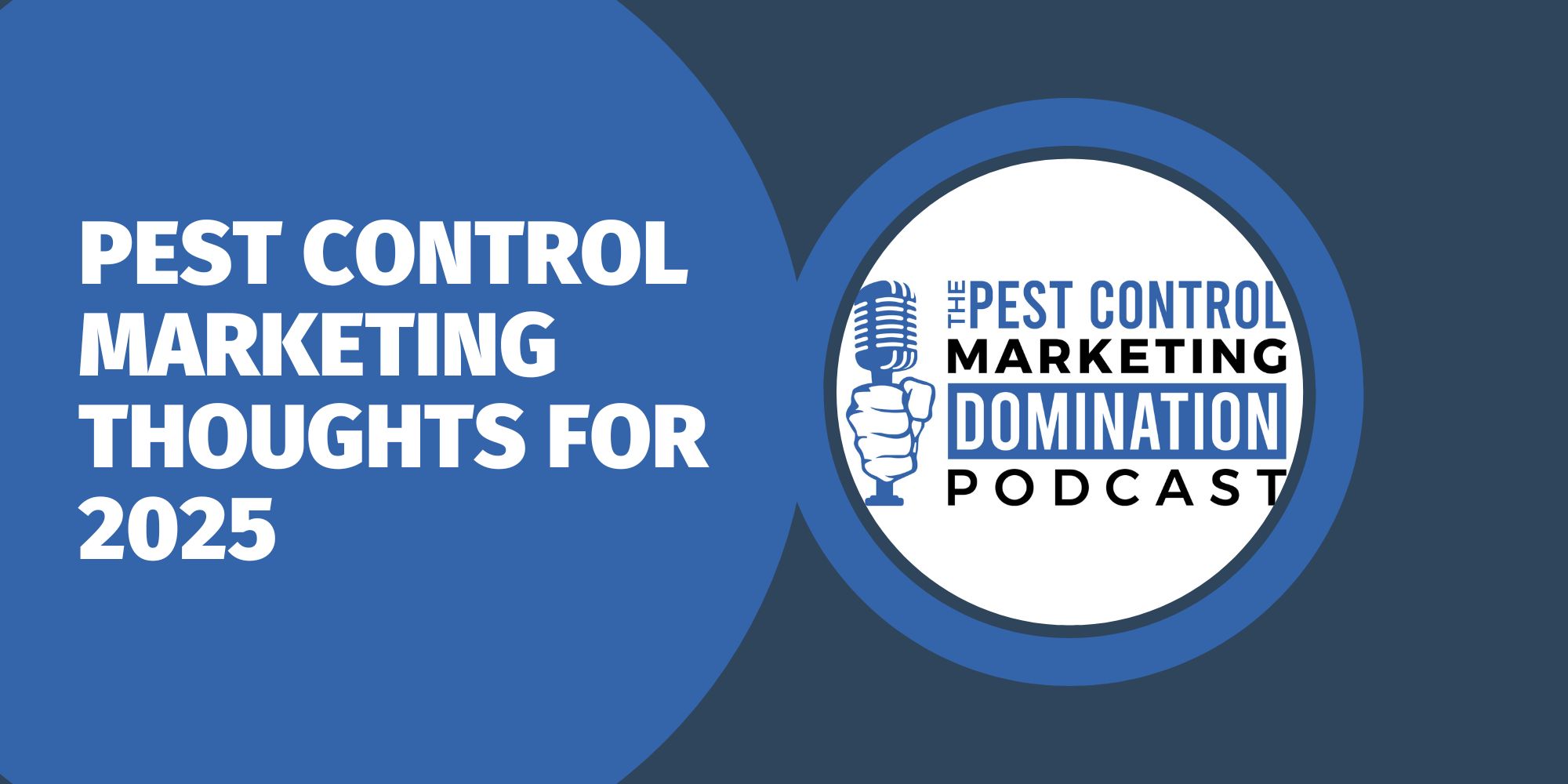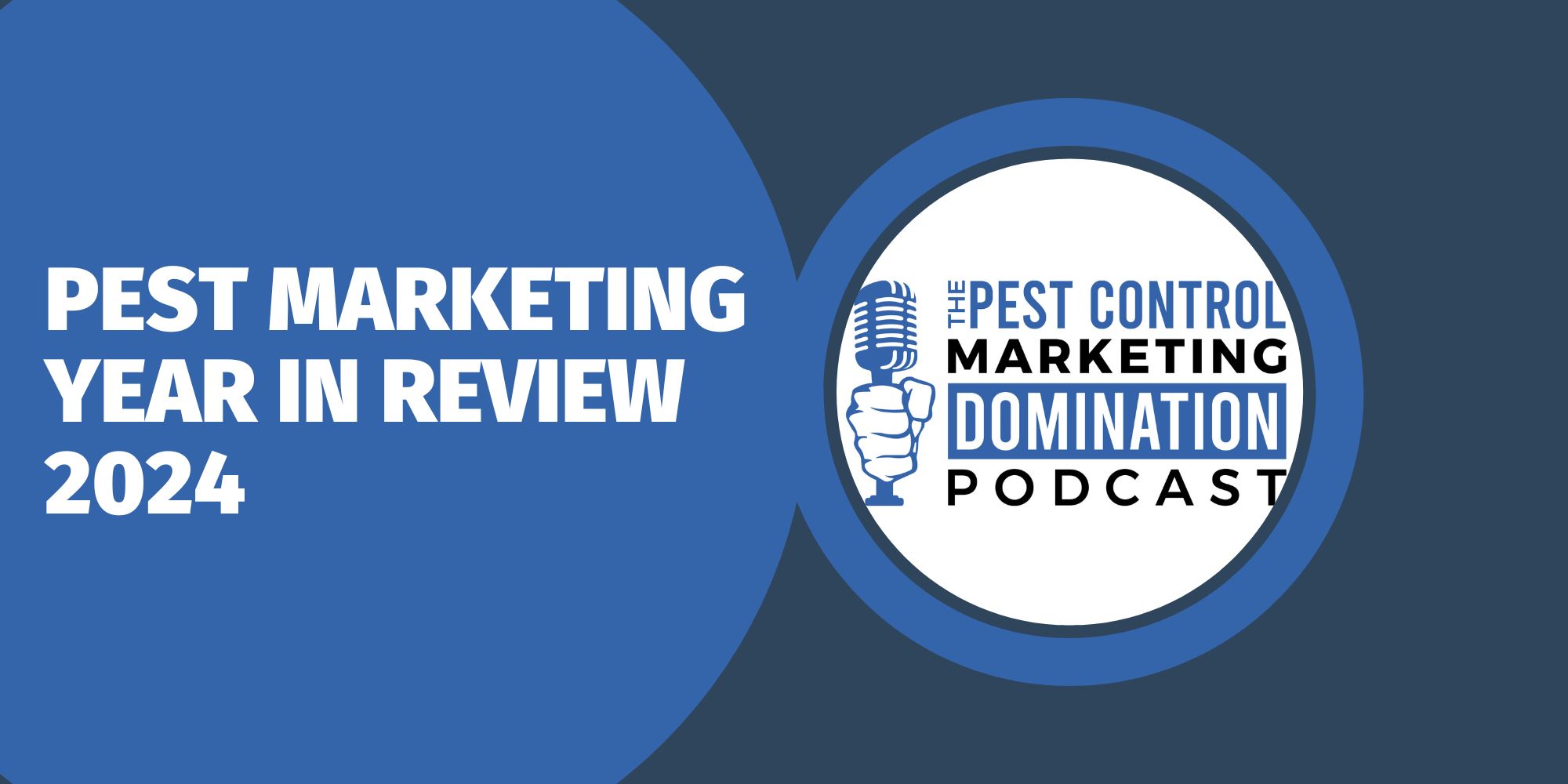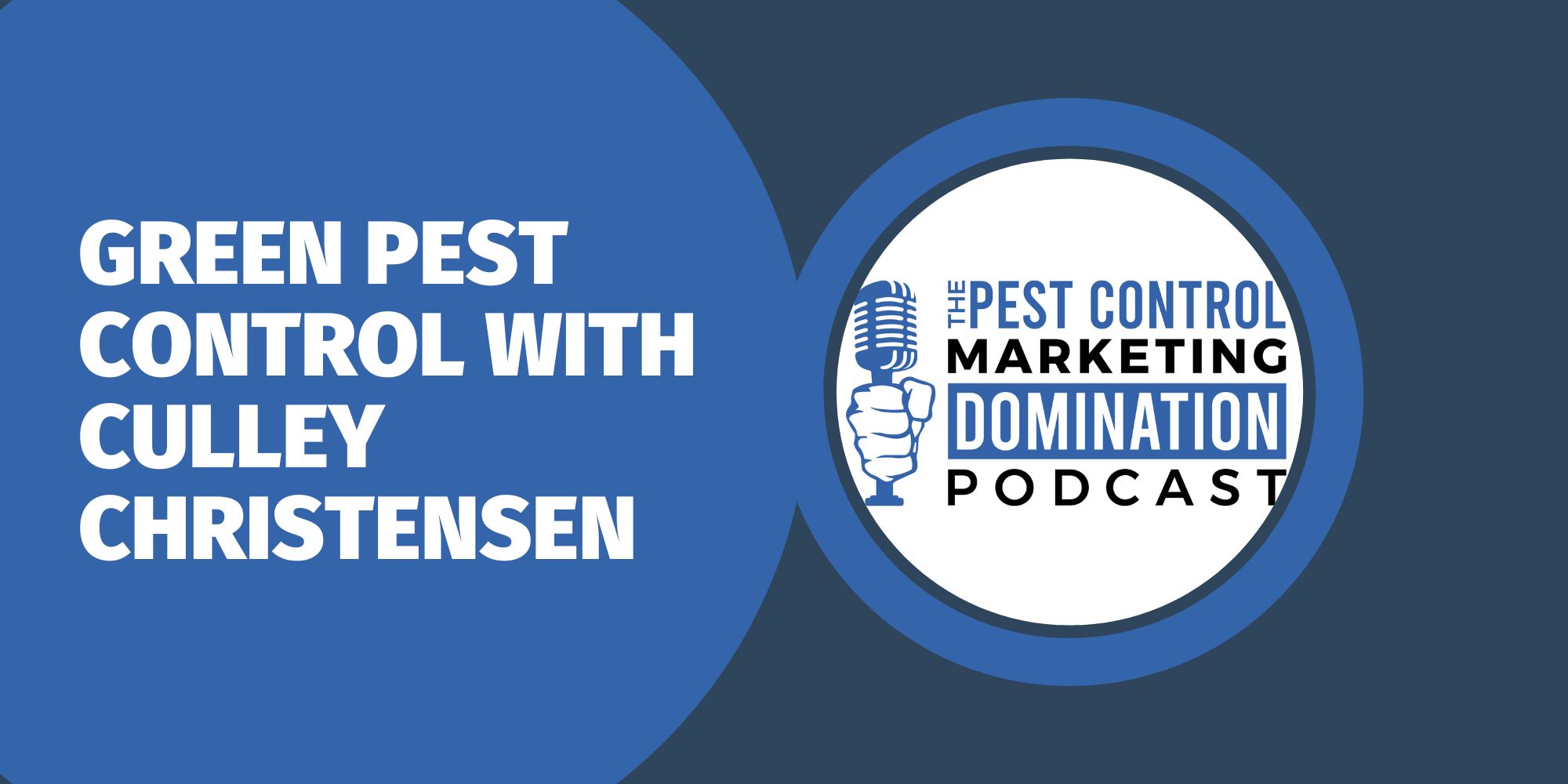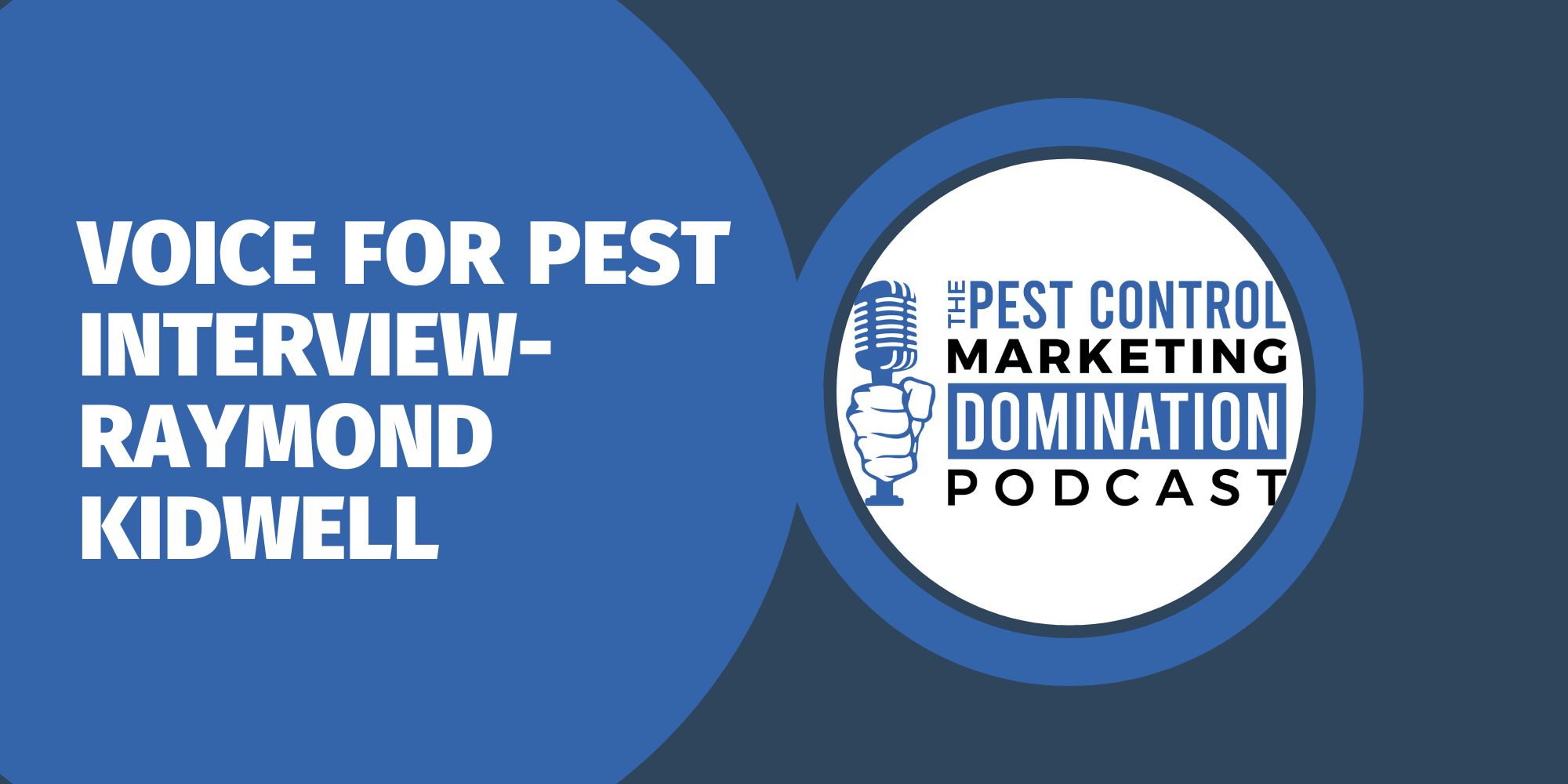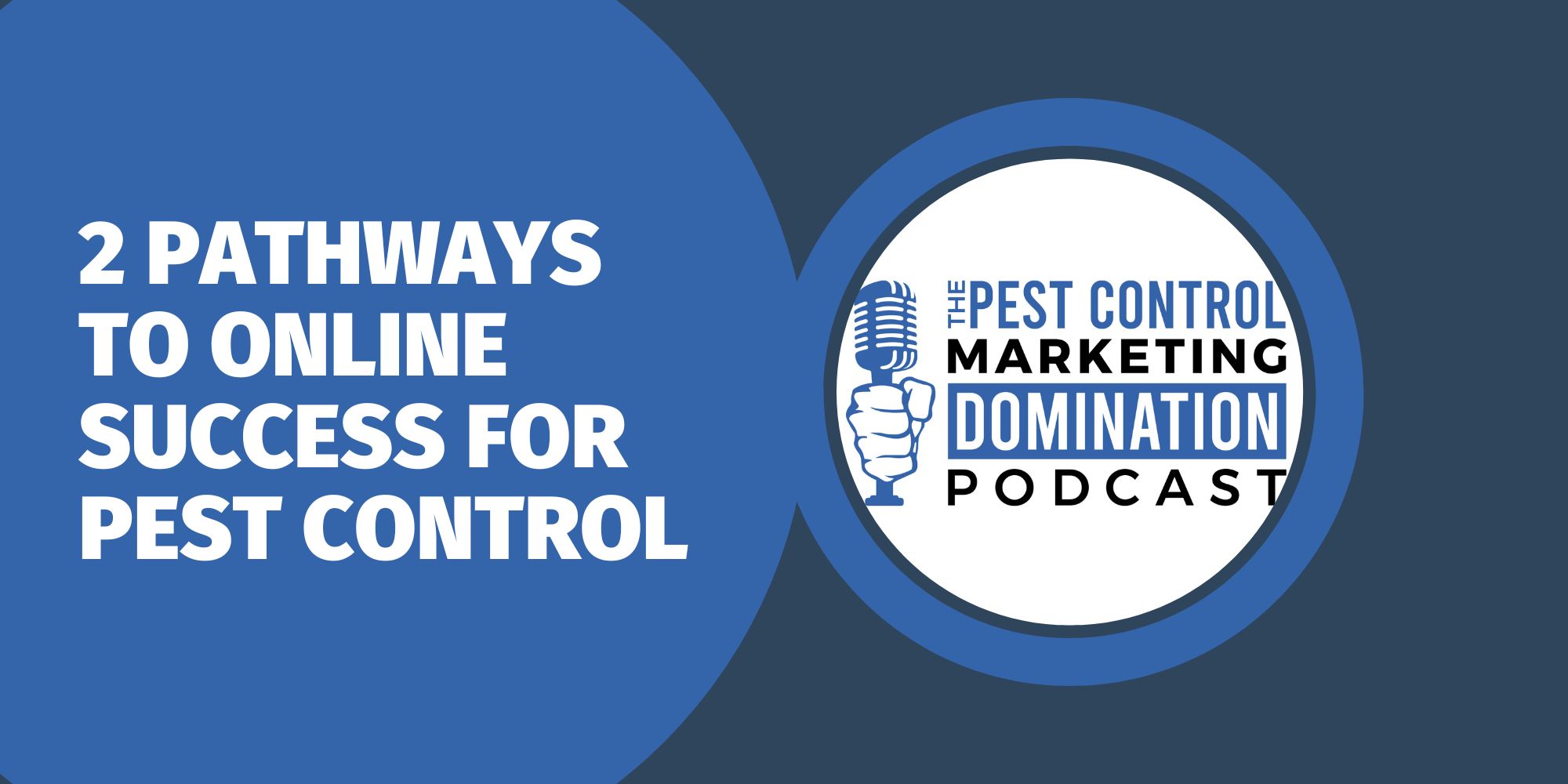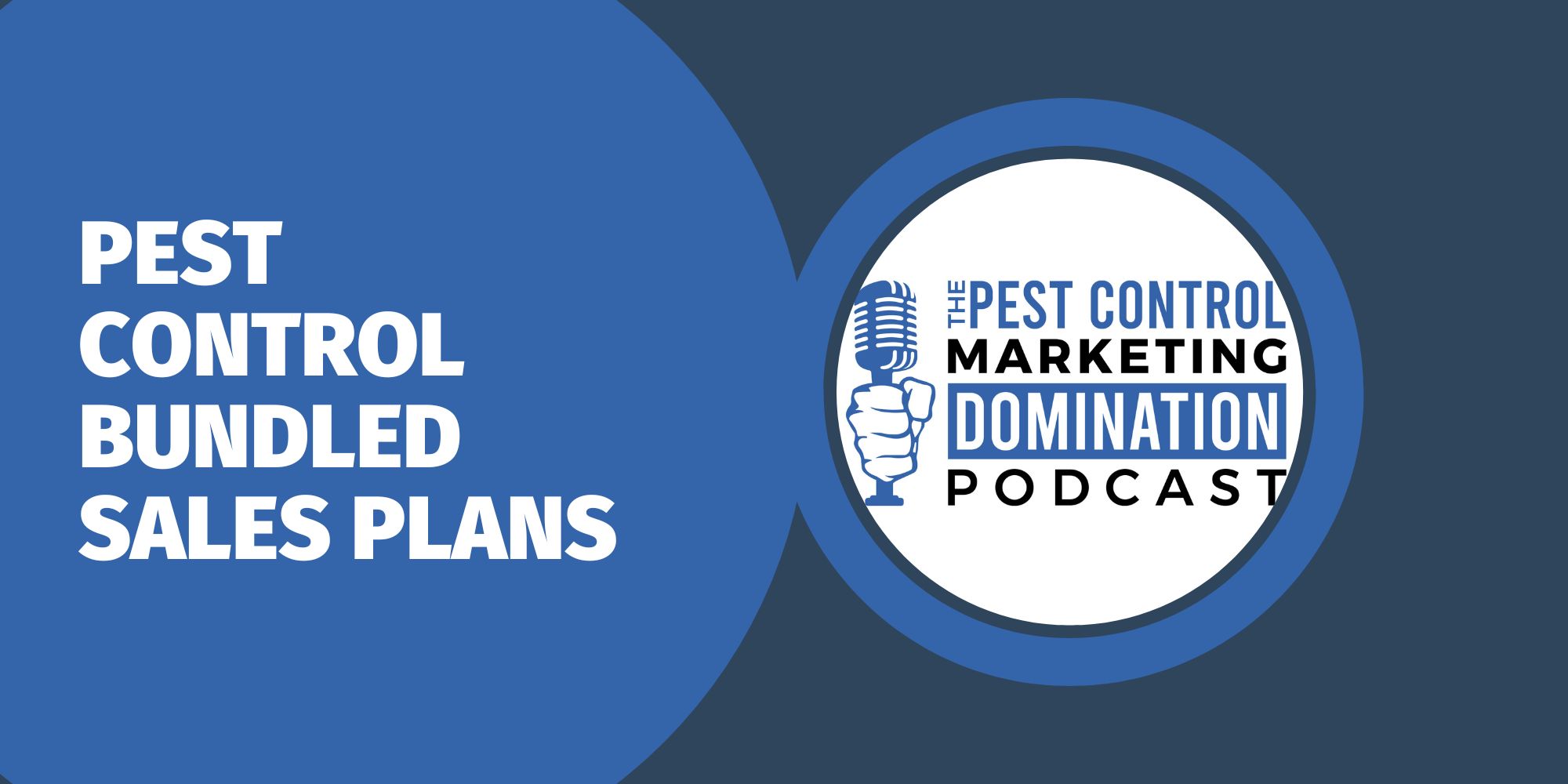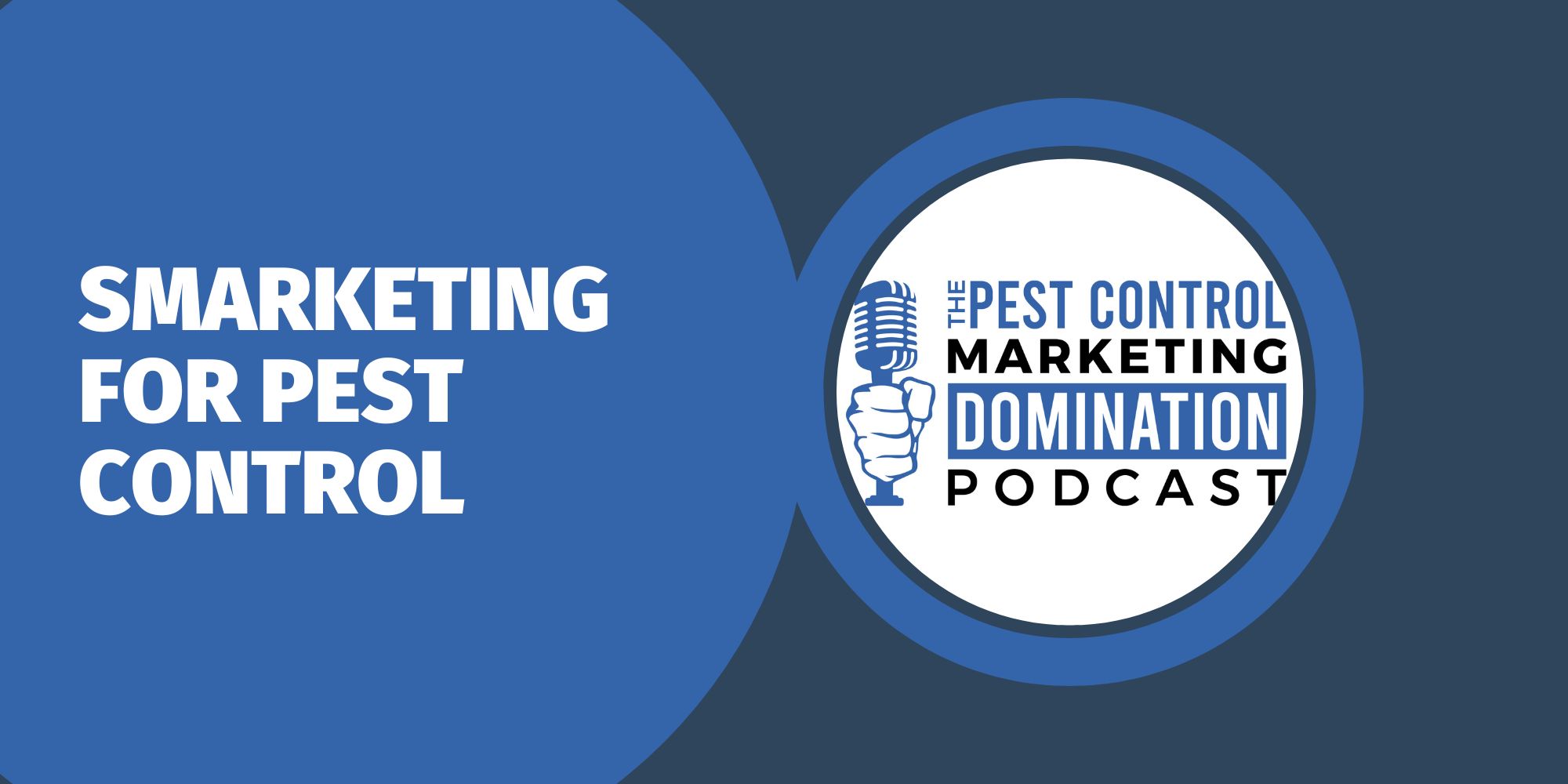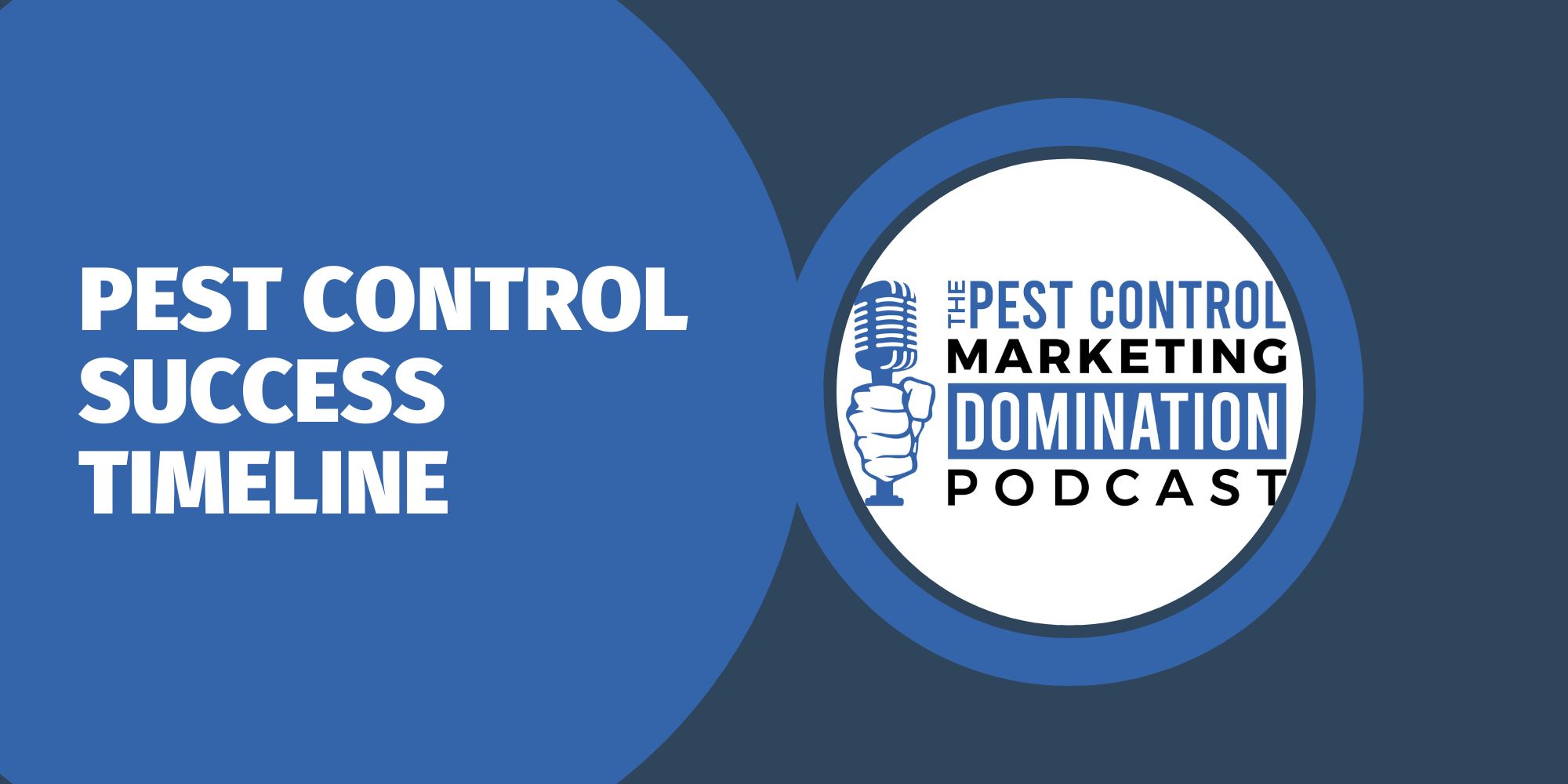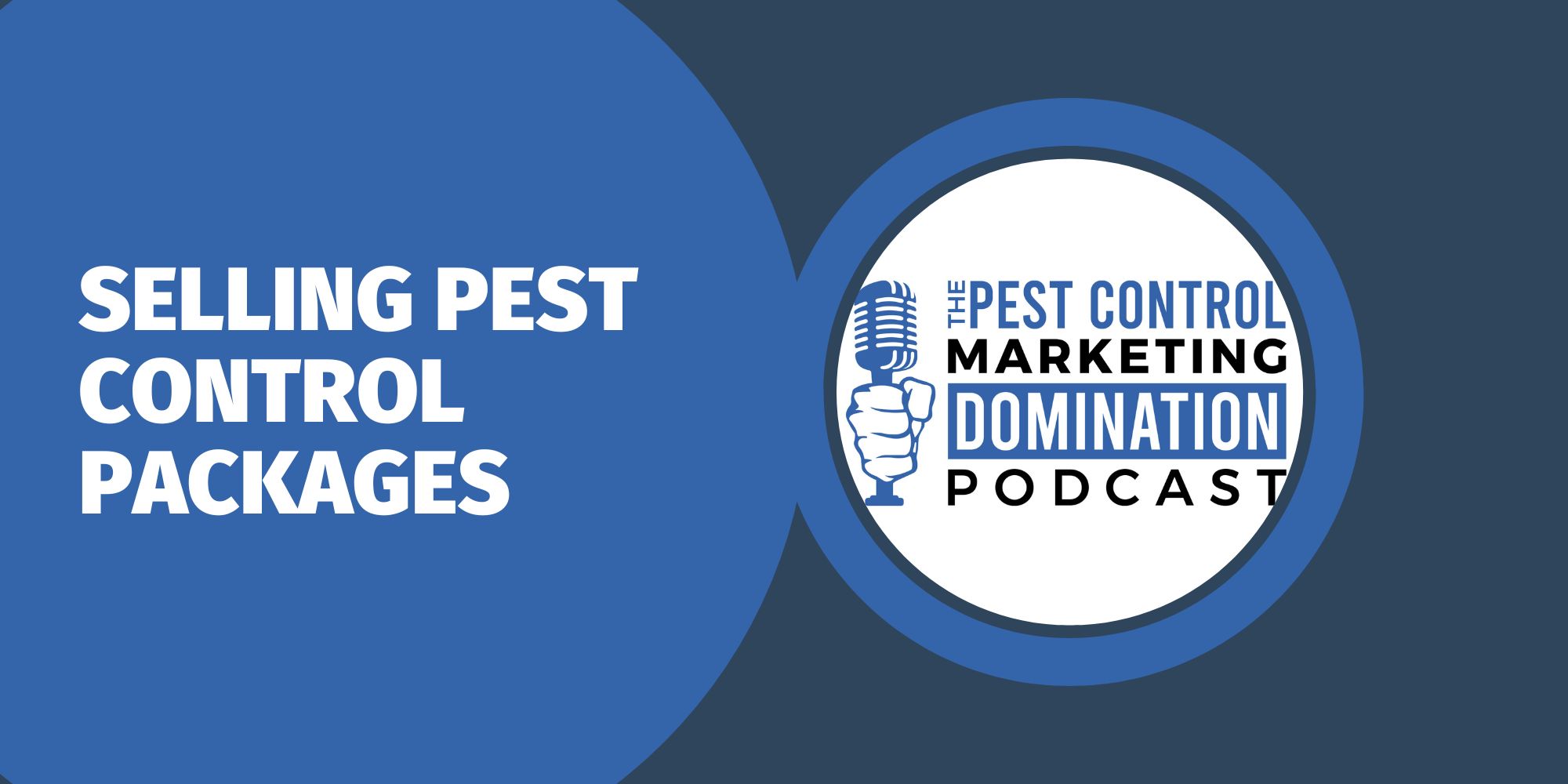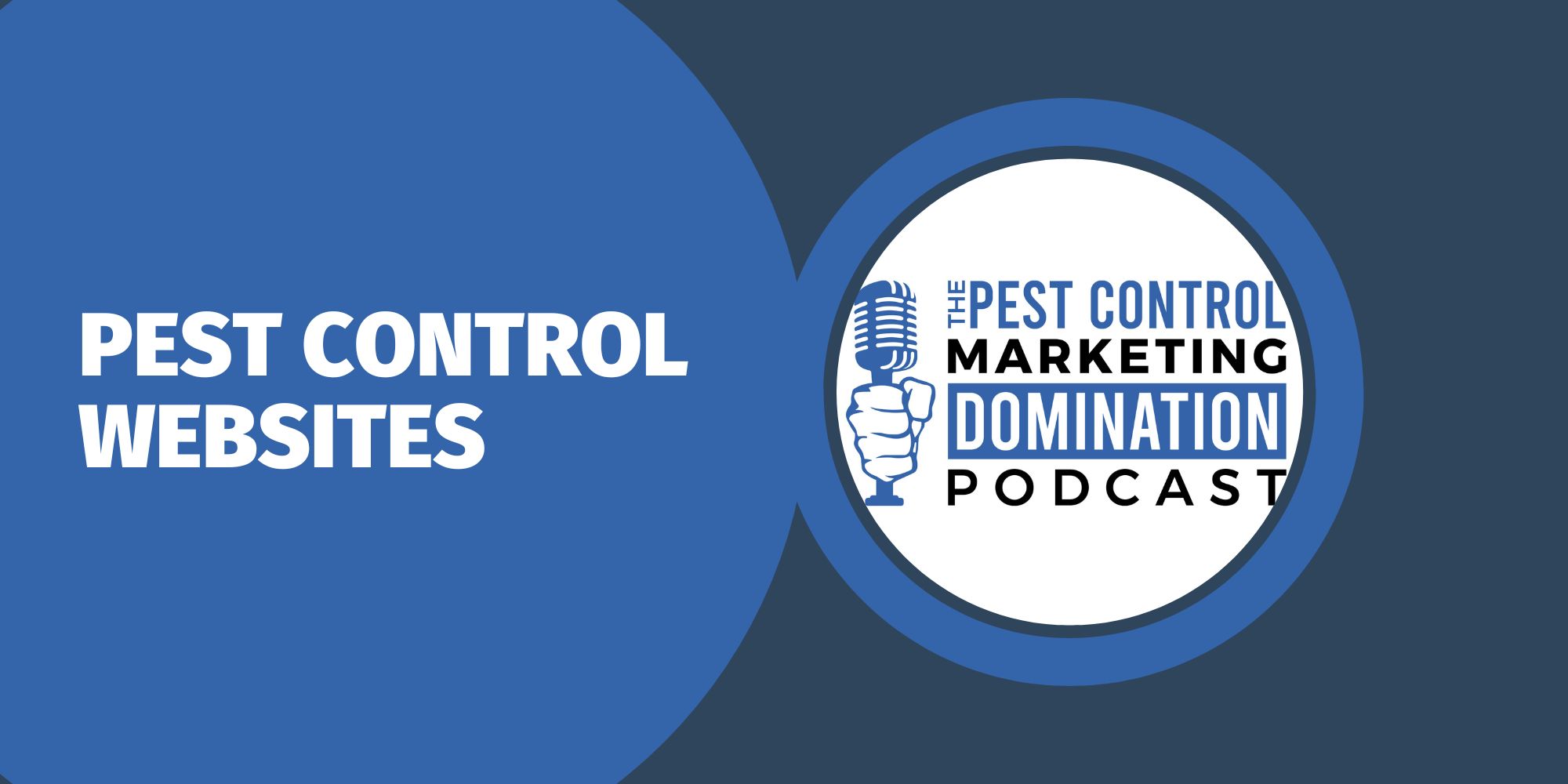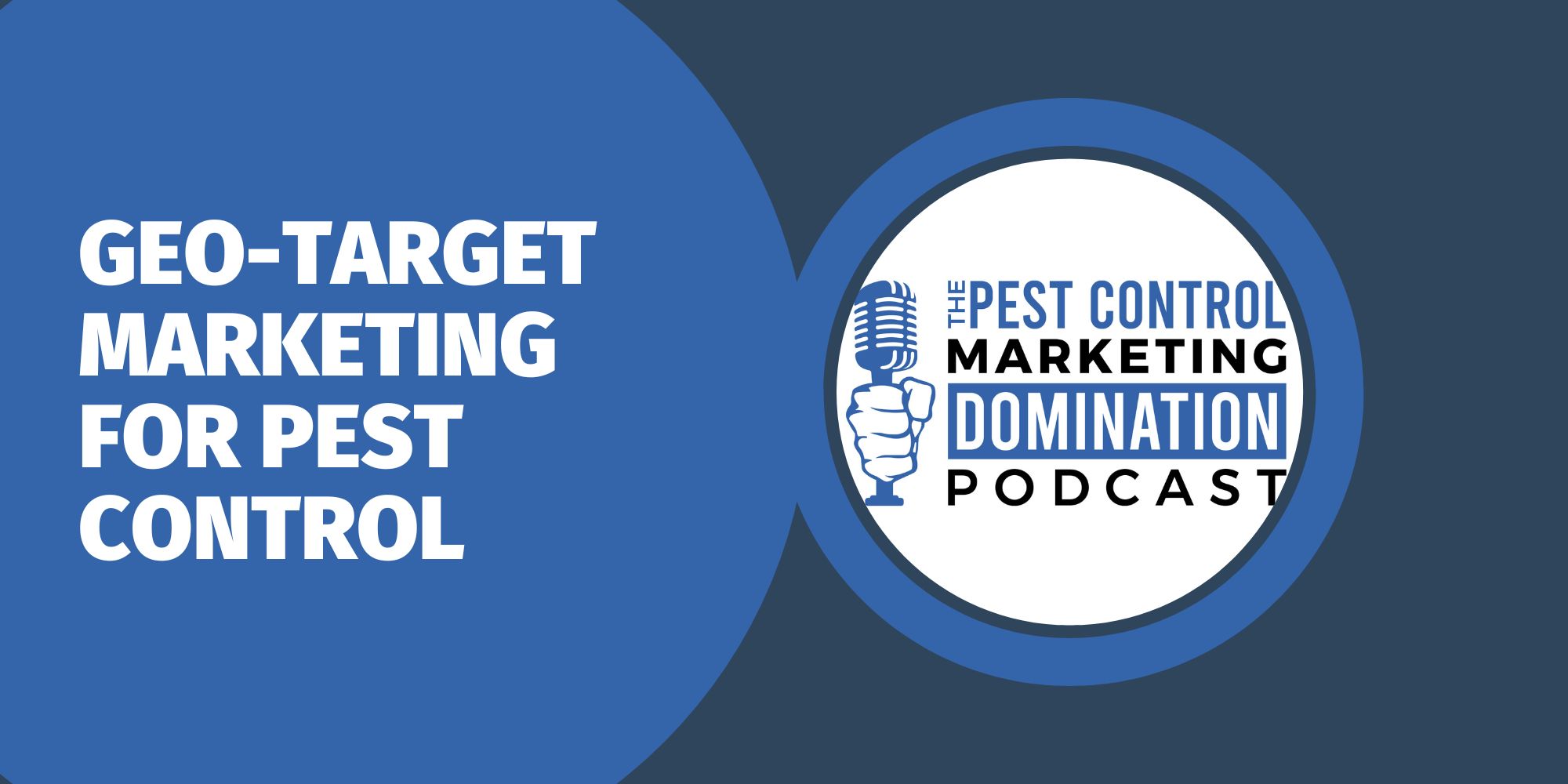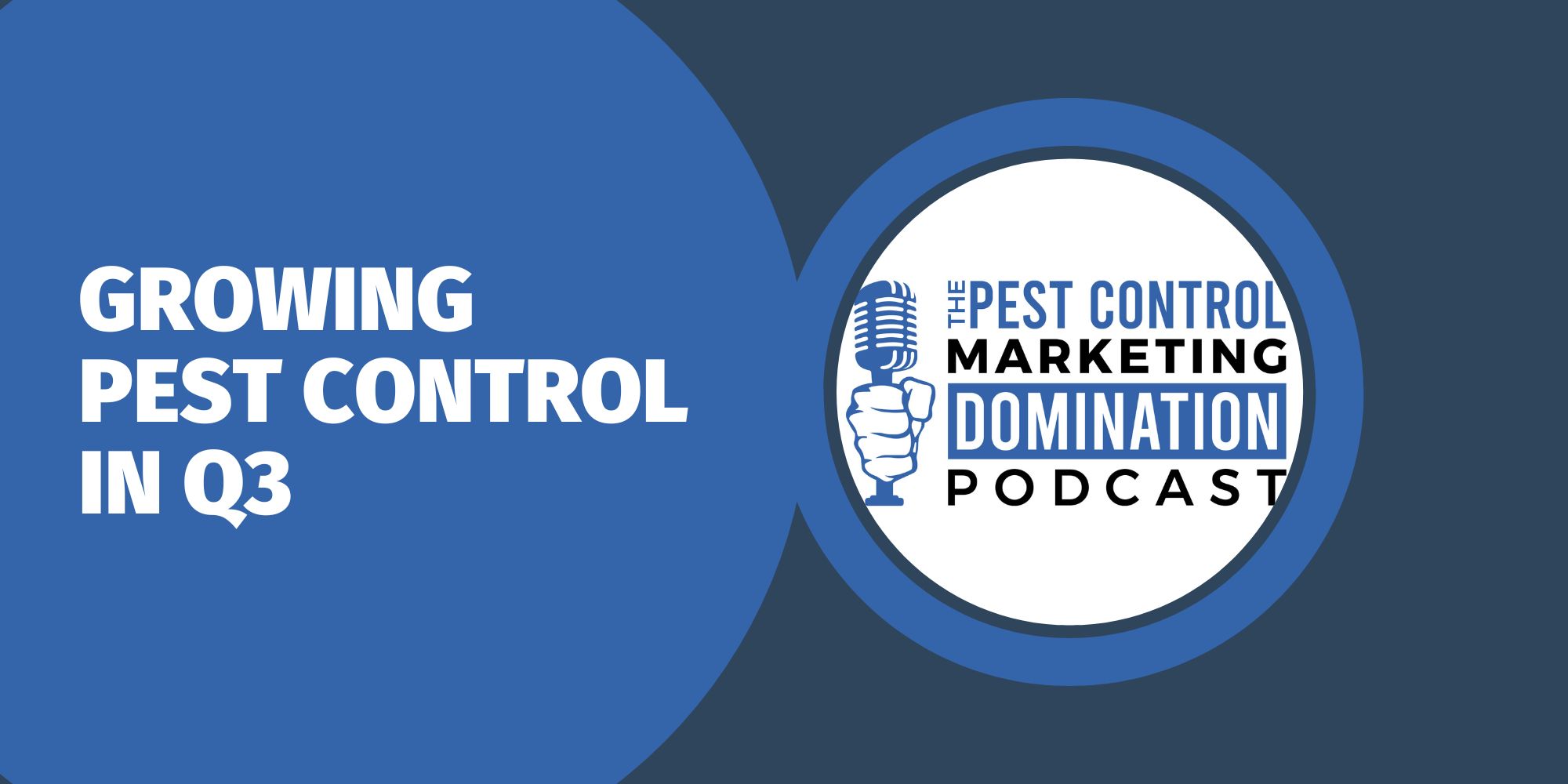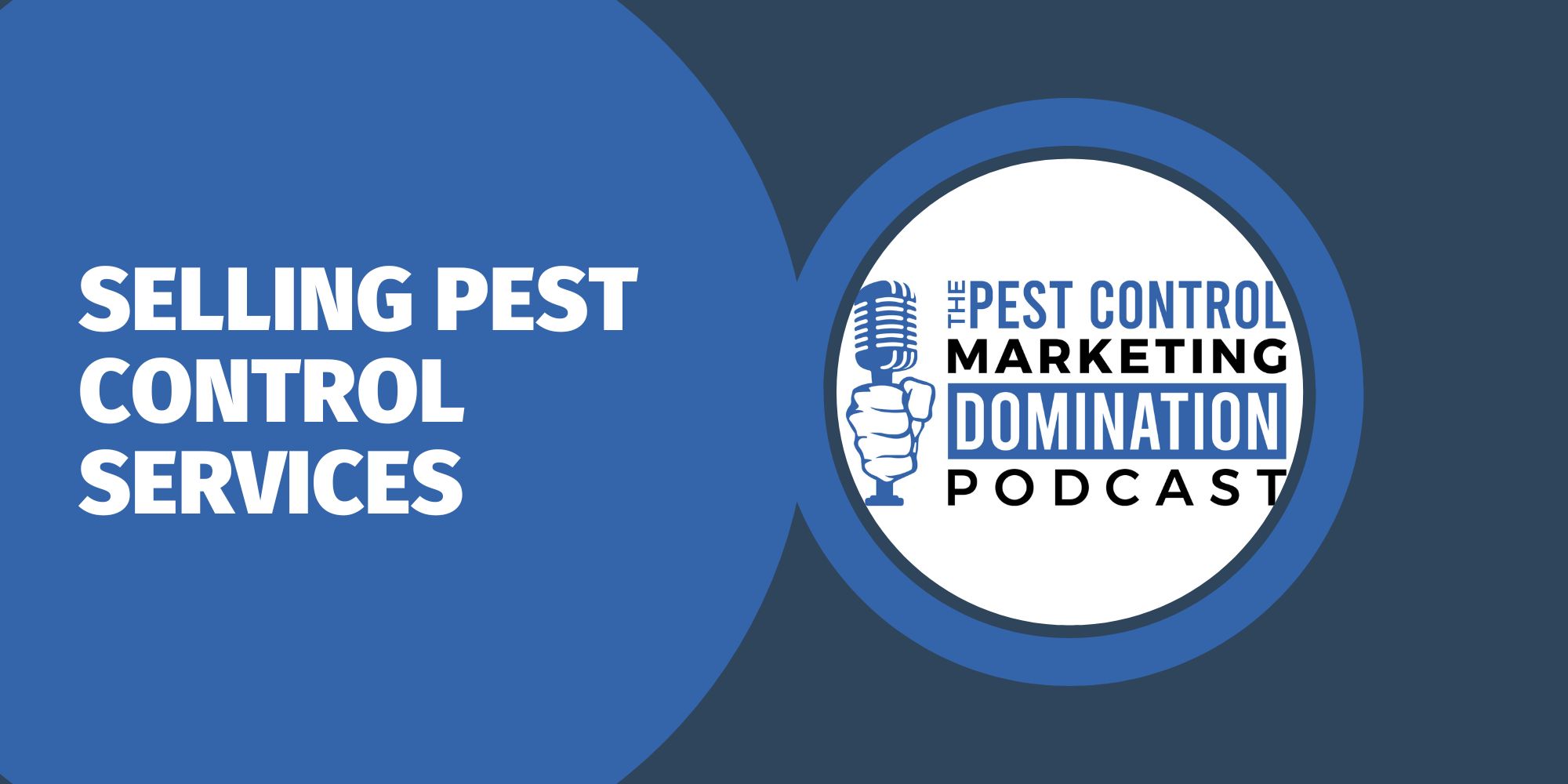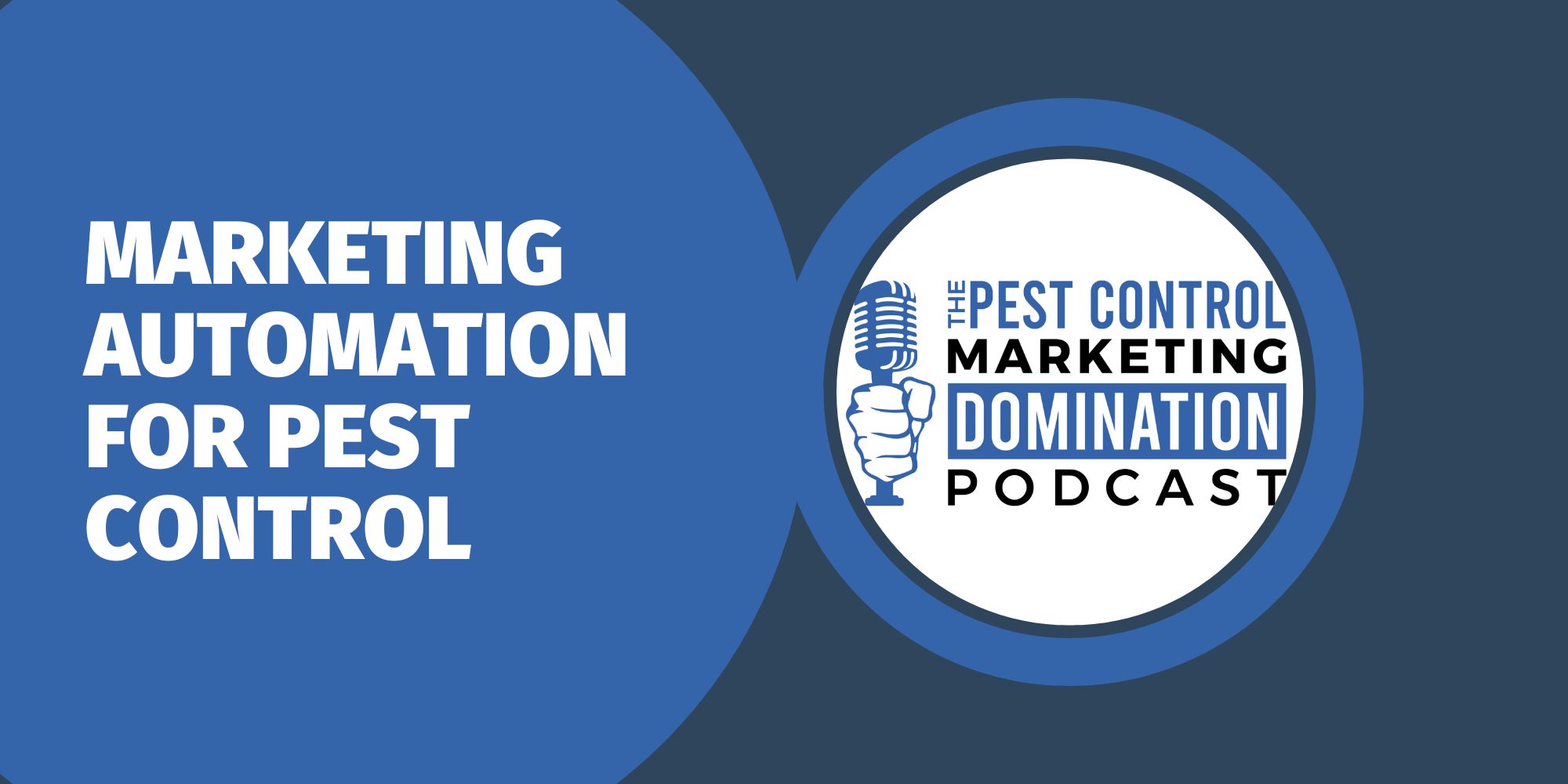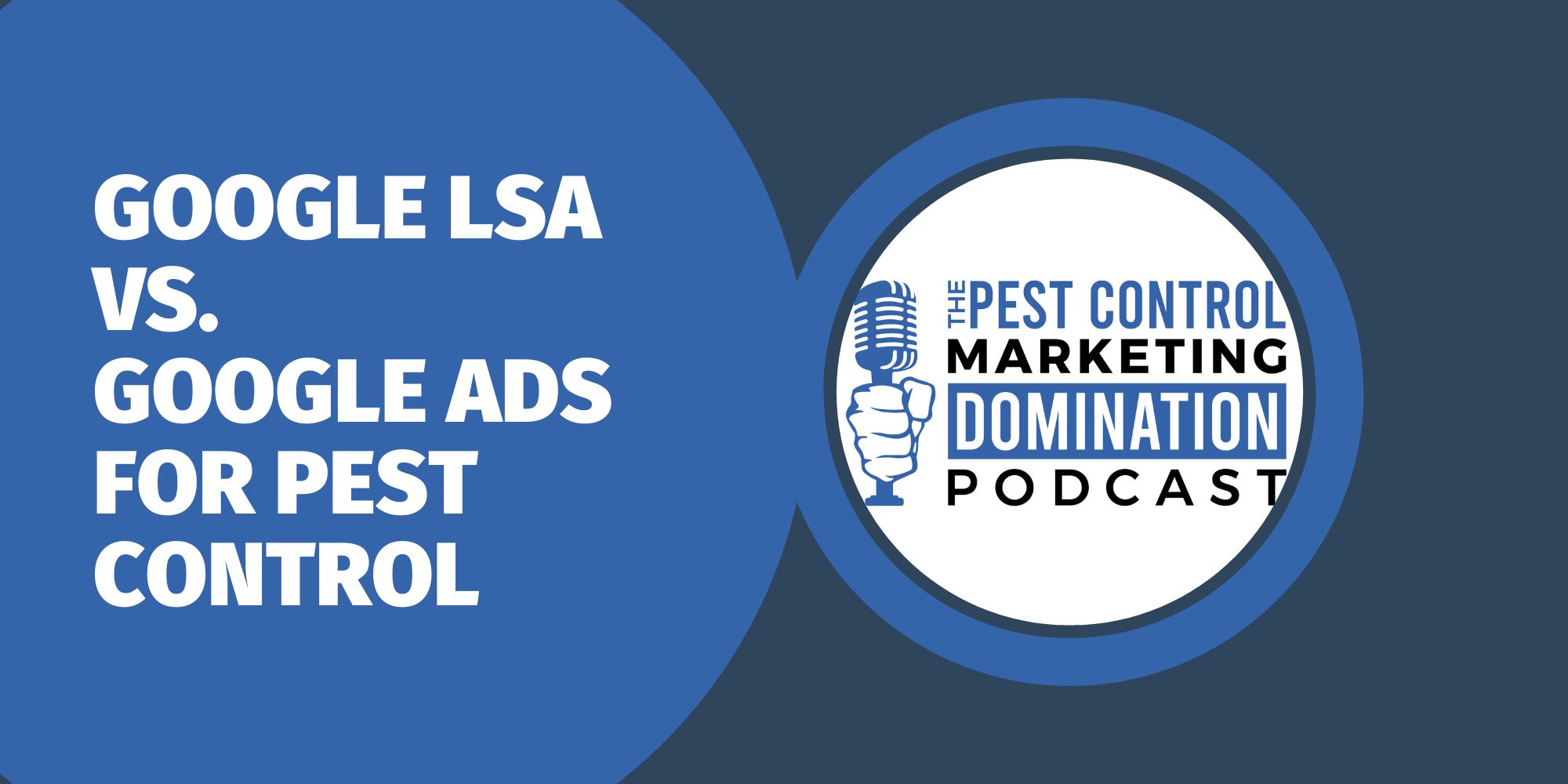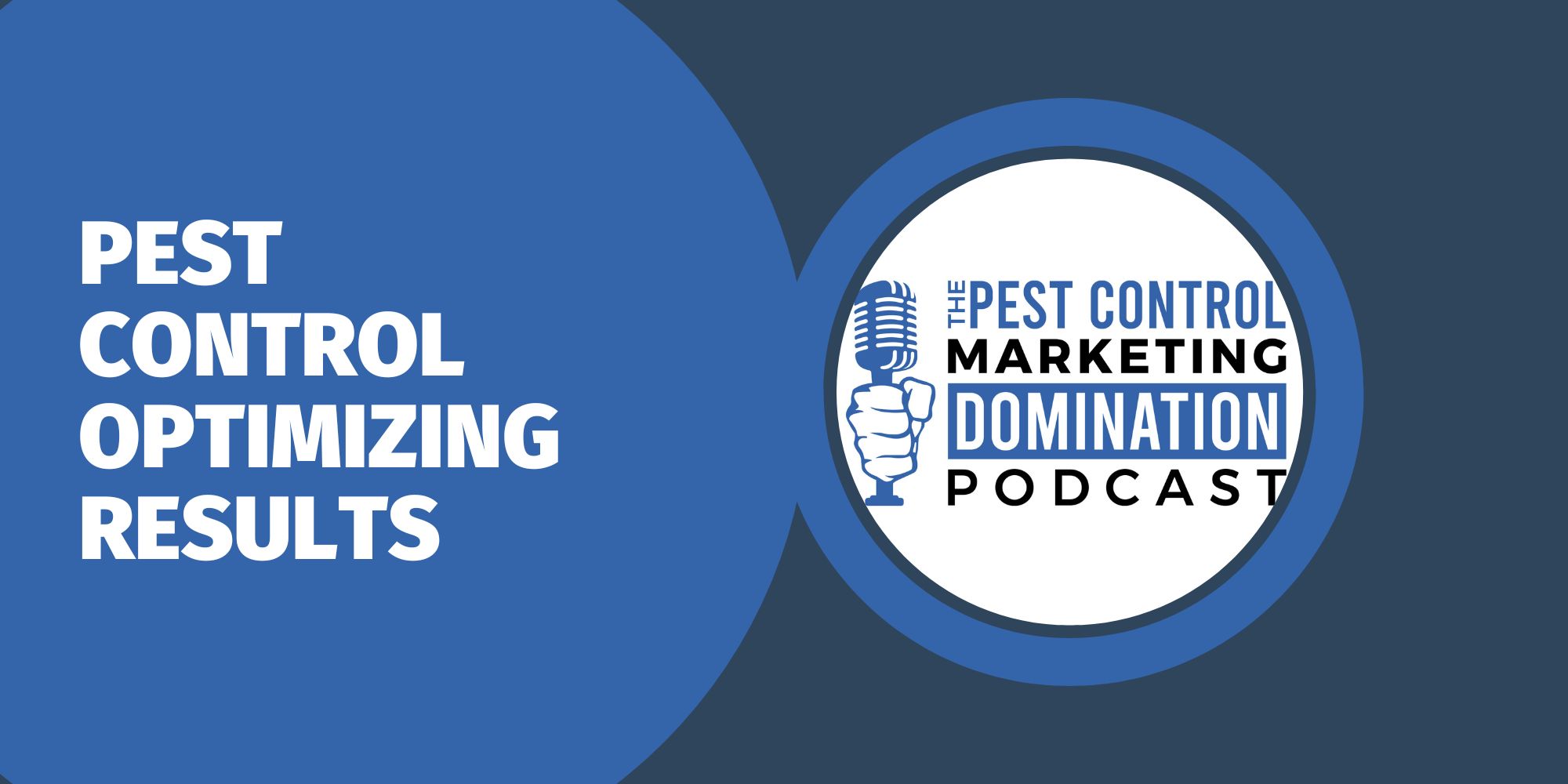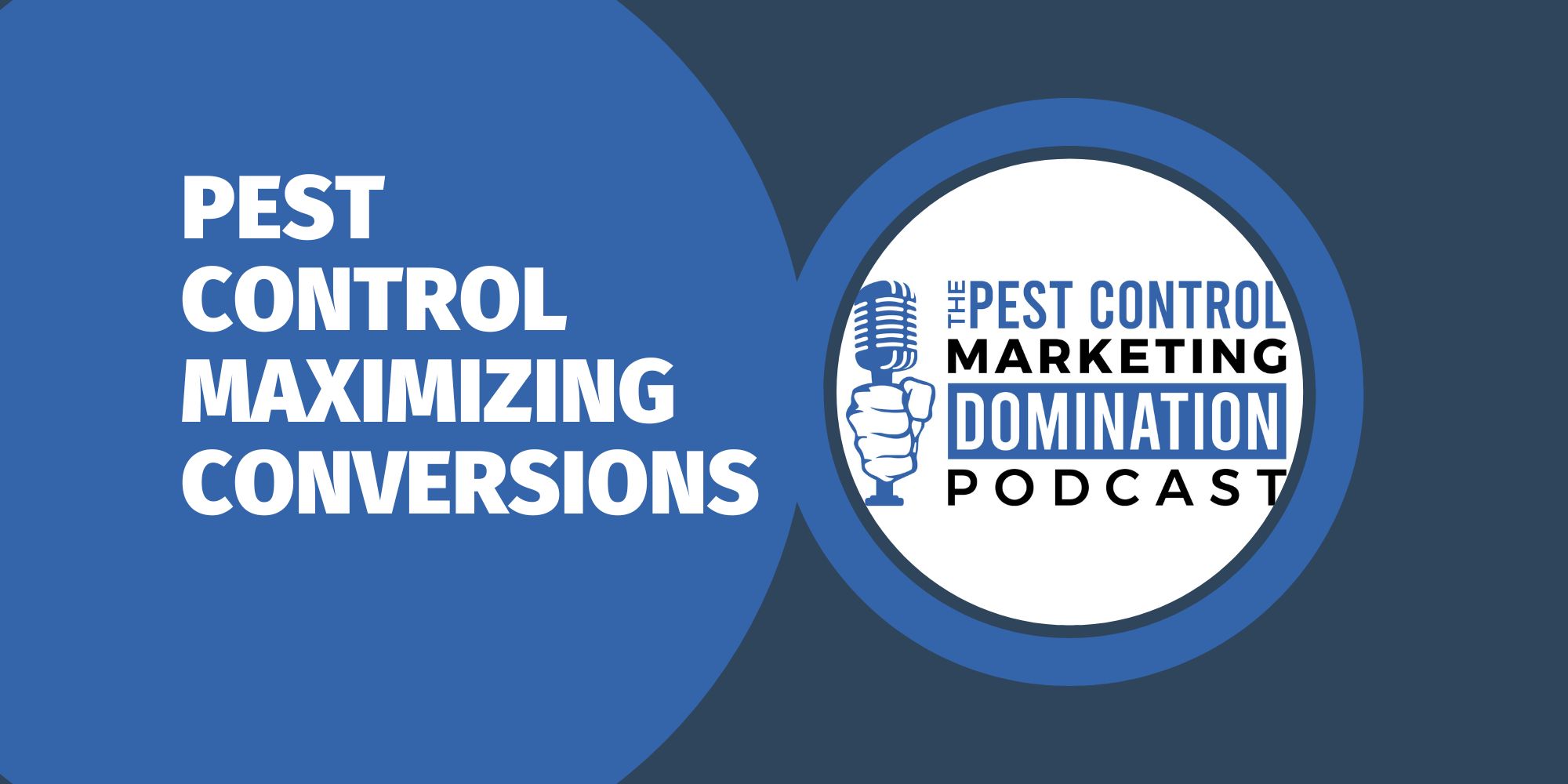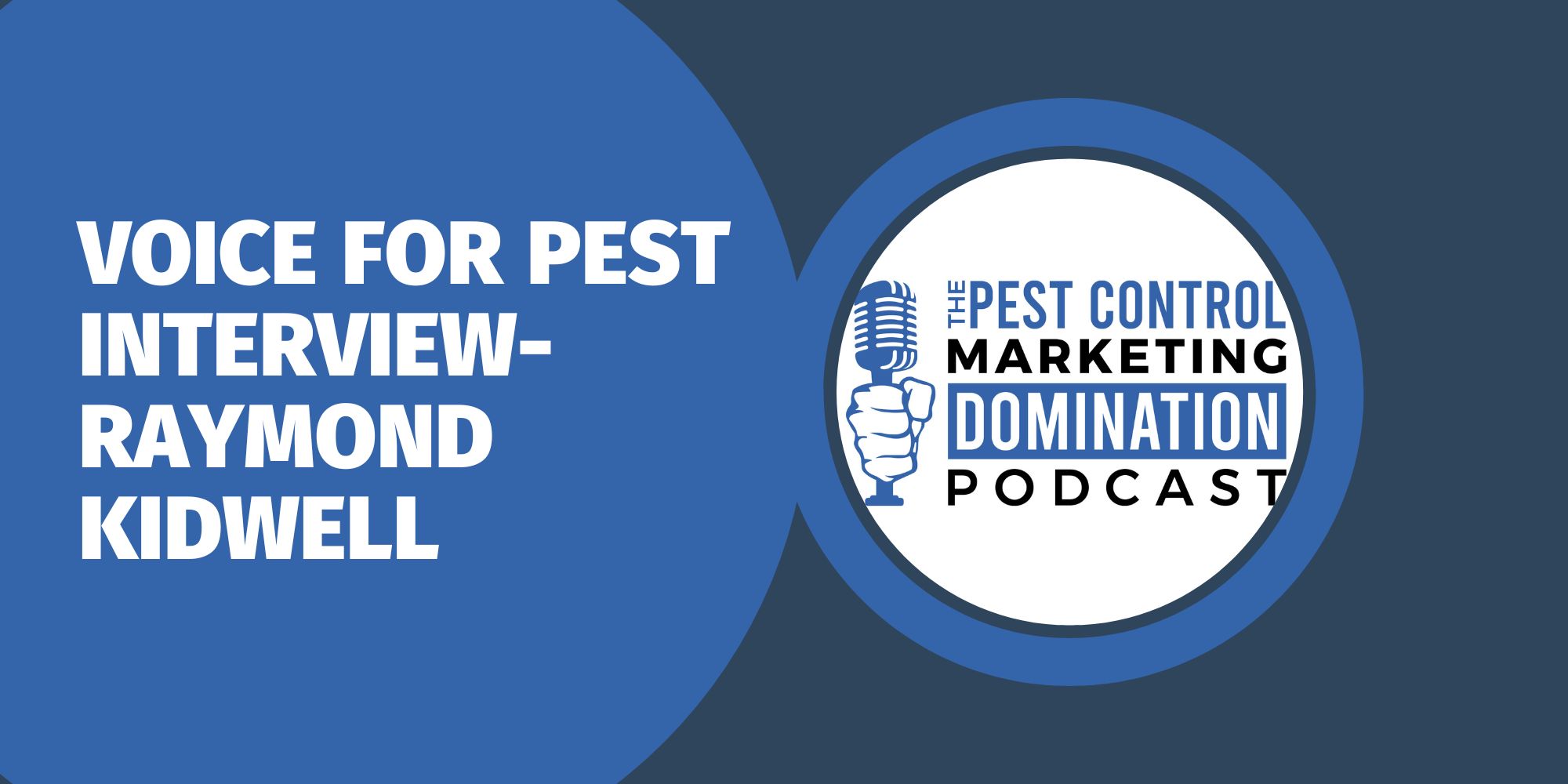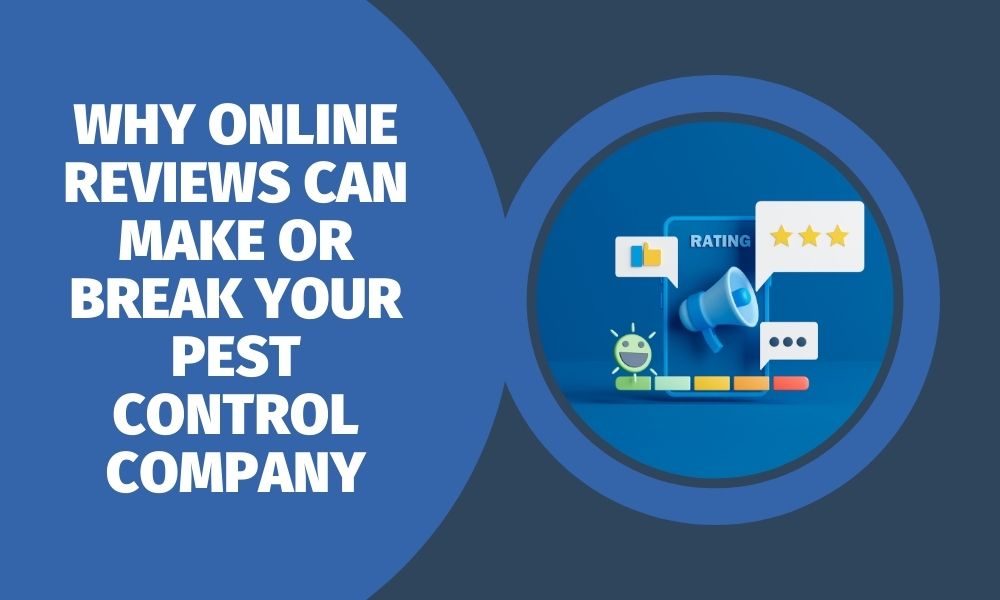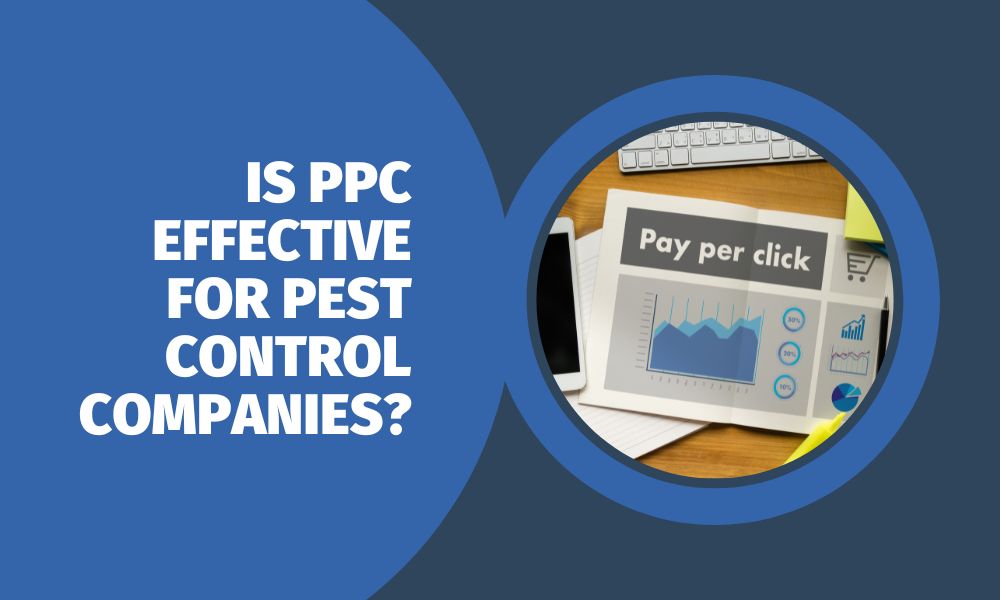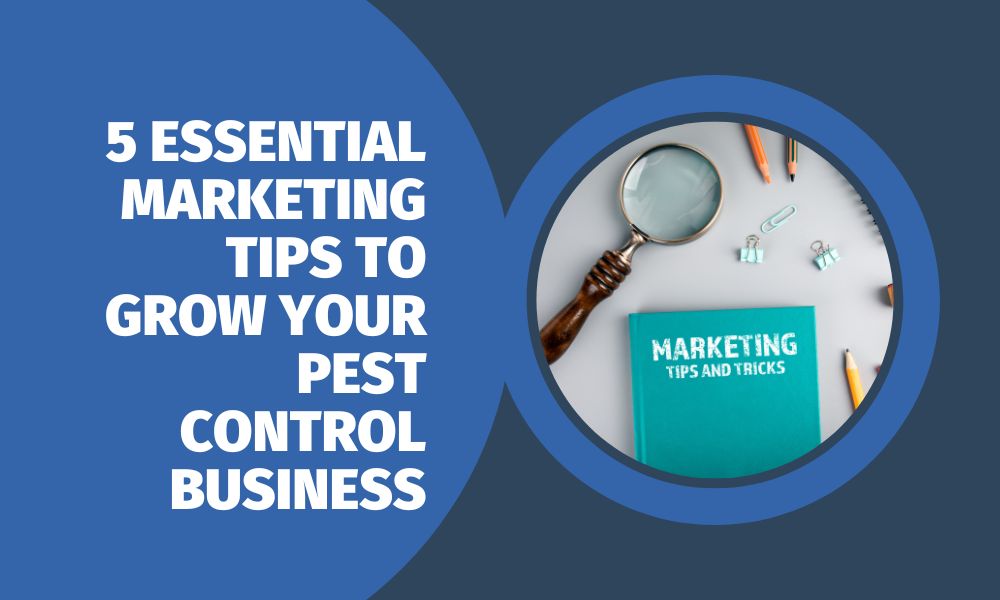As a pest control business owner, you know that attracting new customers is crucial for the success of your business. The question is, how do you advertise your business effectively? Fortunately, there are lots of ways to increase visibility in your local market, find high-quality leads, and land recurring customers. In this article, we’ll cover the ten key pillars that we recommend for every successful pest control business.
1. SMART Pest Control Website
Most people look online when they want to hire a pest control company. For this reason, every pest control company should have a website that is specifically optimized for search engines. The structure and architecture that you choose for your website could make a significant impact on the number of potential customers that click through to your website.
To optimize a website for search engines, businesses should follow our methodology for building a SMART pest control website. This approach involves creating dedicated pages for specific topics such as location or type of pest and ensuring that the website is easy to navigate. By separating information into dedicated pages, the website will be more likely to appear higher in search results for users who are looking for specific information.
For example, a page dedicated to termite fumigation services in Baltimore is more likely to appear higher in search results than a generic pest control company website. This is because the page specifically matches the user’s search criteria, which search engines recognize and reward.
2. NAP Directory Listing & Backlinks
Building a strong network of backlinks is a great way to advertise your business and provide your website with the credibility it needs to rank higher in search engine results. One of the most effective approaches is by listing your NAP (Name, Address, and Phone) data on directories across the internet.
NAP data is an important part of Google’s search algorithm. The more NAP backlinks you are able to create, the more reputable Google will view your business. There are a wide range of industry, trade, and business directories including industry association websites, YP.com, Foursquare, Yelp, Angi, and Google My Business. Your goal is to publish your NAP data on as many of these sites as possible.
It’s critical that your NAP information is consistent and accurate across the internet. Variations in this data could hurt your website rankings in search results. Fortunately, there are SEO software solutions available that can scan the internet and notify you or correct NAP data discrepancies.
3. Social Media Marketing
Currently, 70% of all Americans use social media on a daily basis. For this reason, pest control companies should develop a comprehensive strategy to engage and attract potential customers through those platforms. The social media platform that you select will depend on your target customers. Pest control companies that specialize in residential pest control may be more successful on social media sites like Facebook and Instagram. Commercial pest control may have an advantage on social media like LinkedIn.
A successful social media marketing strategy will rely on your ability to create and share engaging, informational, and valuable content. Social media can also provide a new avenue to interact with your target audience.
4. Local SEO
When people need pest control services, they’ll need to find a company that operates in their local area. For example, a user will likely search for “pest control in Tampa, Florida”. For this reason, pest control companies should make sure their SEO and keyword selection is locally focused. Be sure to always include the names of the counties, cities, and neighborhoods that you service across your website.
Also, the content you create should provide information on the pests that are local to your ideal customer. It won’t benefit an Alaskan pest control company to write a blog post about how to deal with tarantulas.
5. Google Ads
There are two primary advertising options offered by Google to promote a business – Traditional Google Ads and Local Service Ads. Although both can be effective, we typically recommend that pest control businesses consider the advantages of Local Service Ads.
One of the differences between these two advertising methods is the payment structure. Traditional Google Ads require payment for each click on your ad, regardless of whether or not the click results in a quality lead. In contrast, Local Service Ads only require payment when a potential customer directly contacts your business via call, booking, or message, resulting in higher quality leads. It’s worth noting that while Local Ads tend to cost more than traditional Google Ads, they often have a higher conversion rate.
Local Service Ads also rank higher in the search results compared to traditional Google Ads. The listing will also provide essential information for your customers such as your Google star rating and contact details. Additionally, businesses can obtain a “Google Guarantee Badge” through Local Service Ads, which can help boost customer confidence in your company’s reputation, as it has been reviewed by Google.
6. Reviews and Reputation Management
With almost 32,000 pest control businesses in the United States, it can be difficult for companies to stand out and attract new customers. One of the best ways to accomplish this is by focusing on acquiring high-quality ratings and reviews from satisfied customers on various online platforms.
Online reviews and ratings play a critical role in validating a company’s quality and reputation. According to one survey, 97% of consumers rely on reviews when making decisions about hiring companies or purchasing products.
There are several ways that pest control businesses can improve their online ratings. These include updating their online profiles, asking customers for feedback, and taking action on the feedback received. Making the process of leaving a review as easy as possible for customers can increase the volume of reviews and ratings. Additionally, using social media to showcase positive ratings and reviews can encourage others to leave a review.
7. Sales Training and Enablement
Sales training is an essential aspect of growing and succeeding in any business, including pest control. Proper sales training, which can be provided in-person or online, can help employees effectively communicate and sell your services to potential customers, improve revenue, and increase customer satisfaction.
There are numerous benefits to building a sales training program for your pest control business including boosting the sales team’s confidence, building strong relationships with customers, and guiding customers to tailored solutions to fit their needs. Training programs can also provide hands-on training and lead to higher employee retention rates.
8. Leveraging Google and Google Tools
It should come as no surprise that Google is the dominant search engine on the planet handling 92% of the global search volume. As a pest control business owner, it’s important to understand how to properly leverage Google and the various tools available on the Google platform to improve your online presence and make it easier for customers to find your business. These tools include but are not limited to Google My Business, YouTube, Google Maps, Google Ads, and Google Analytics.
9. Content Marketing
Content marketing has become a crucial strategy for businesses across all industries, including pest control. By creating informative and engaging content on your website or social media, you can establish your business as a leader in your market. Your goal is to provide your customers with valuable and helpful information to solve their pain points or answer their questions.
Pest control companies have a wide range of options when it comes to creating content such as producing video tutorials on YouTube, publishing a podcast on pest-free gardening, offering downloadable pest control checklists, or posting images on your social media feed to help your customers identify common pests. This content can ultimately lead to more trust, credibility, customer loyalty, and customer retention.
10. Email Marketing
Email marketing is a cost-effective and efficient way for pest control companies to reach their target audience and promote their services. By building a list of subscribers and sending regular newsletters, businesses can keep their audience informed about industry news, new services, and promotions.
One of the primary benefits of email marketing for pest control companies is the ability to target specific segments of their audience with personalized messages. By segmenting subscribers based on their interests, location, or previous interactions with the business, companies can tailor their messages to the individual’s needs and interests. This targeted approach can lead to higher open and click-through rates and increased conversions.
Let Us Build Your Advertising Strategy
Building a successful marketing and advertising strategy for your pest control business requires specialized expertise. The professionals at Rhino Pest Control Marketing have you covered. Our tried and true method has provided outstanding results for hundreds of pest control companies across the country. Contact us today to learn more about how Rhino Pest Control Marketing can take your business to the next level.




